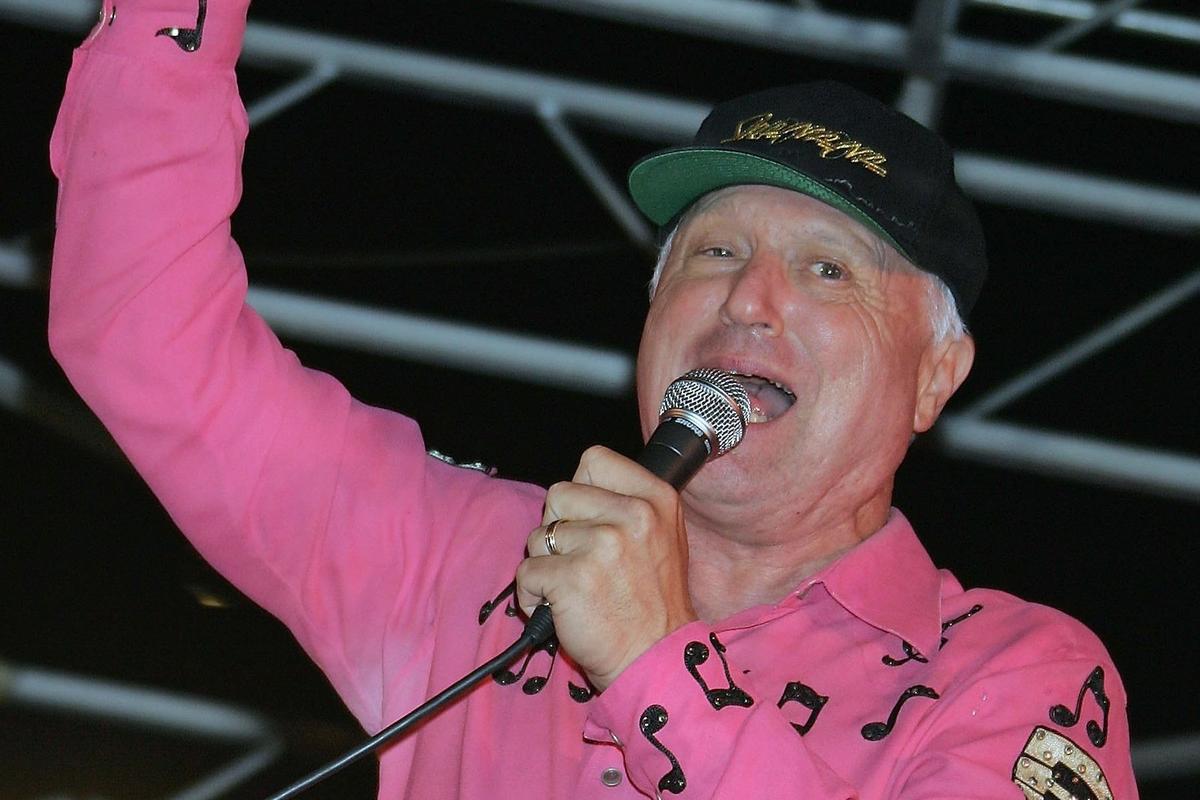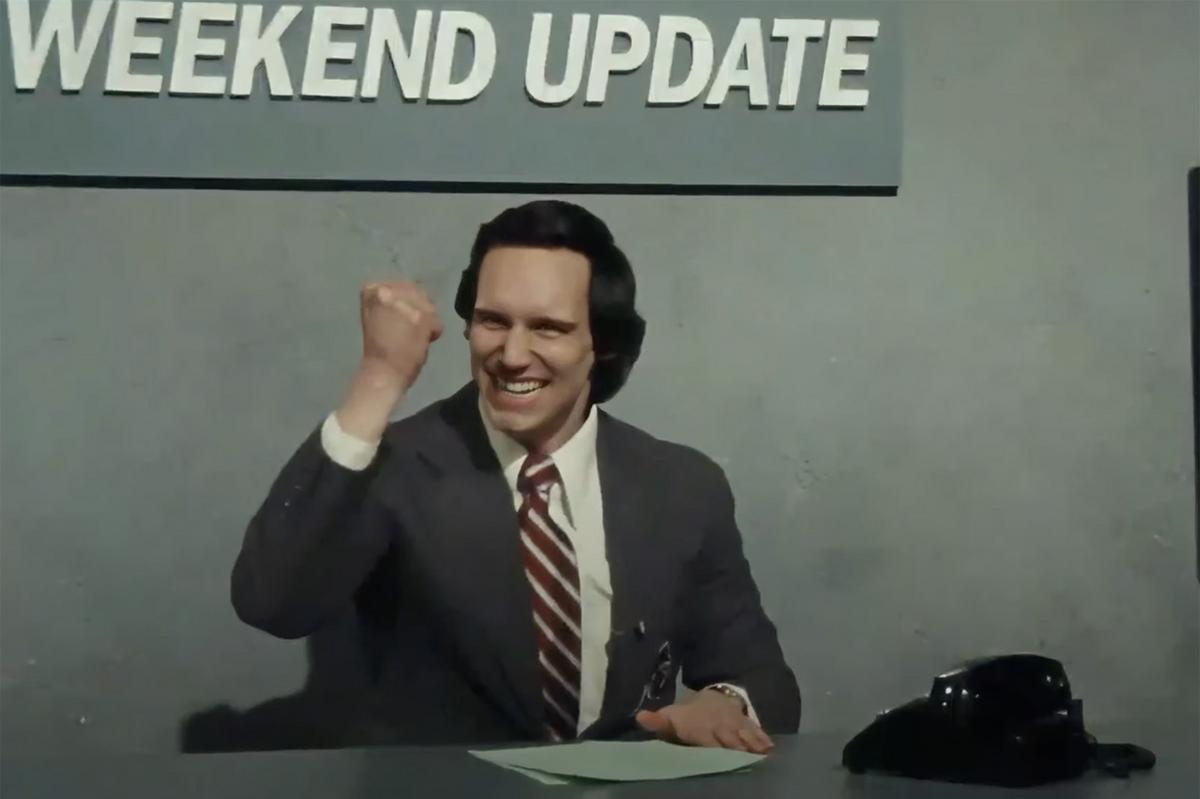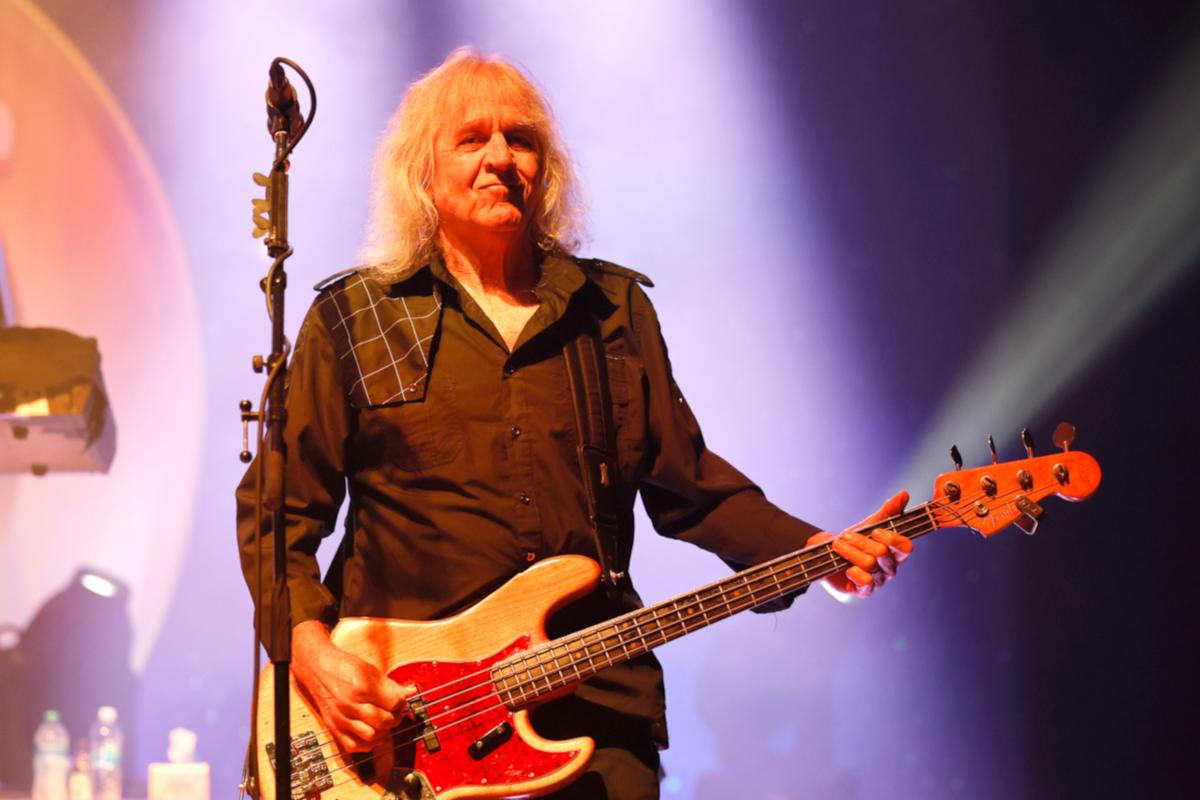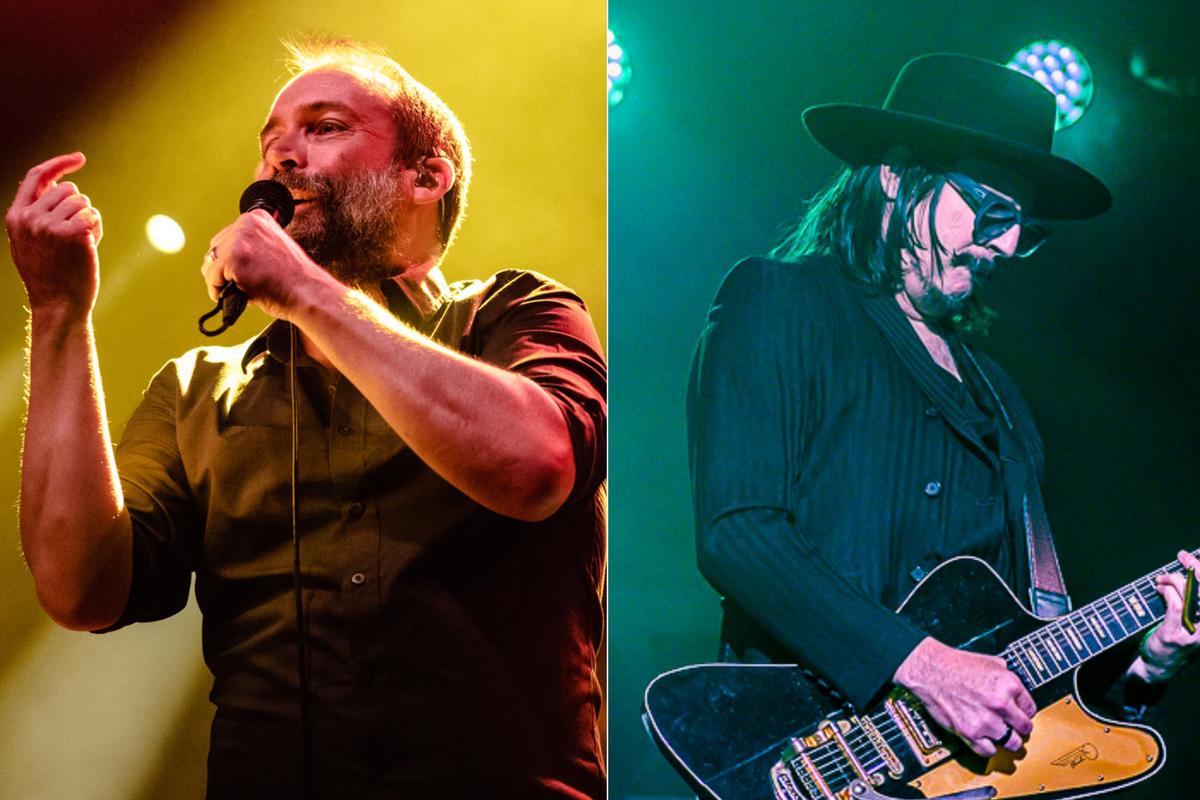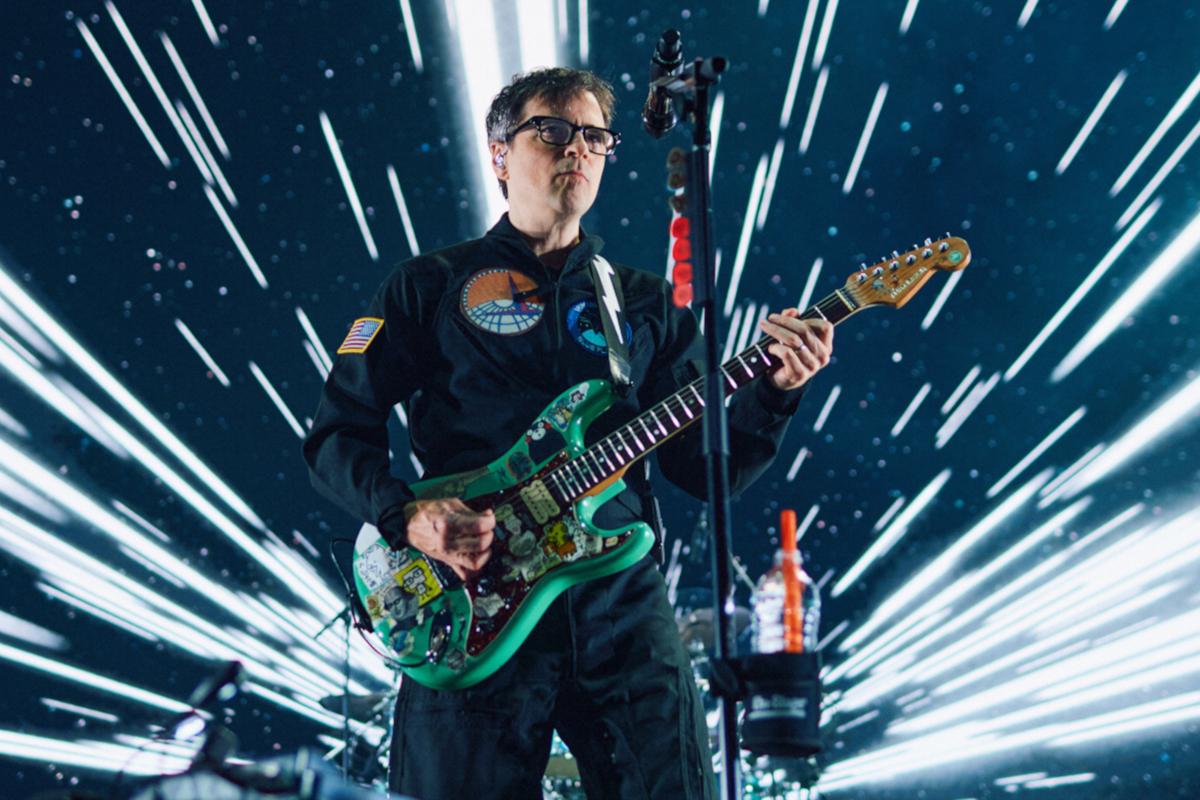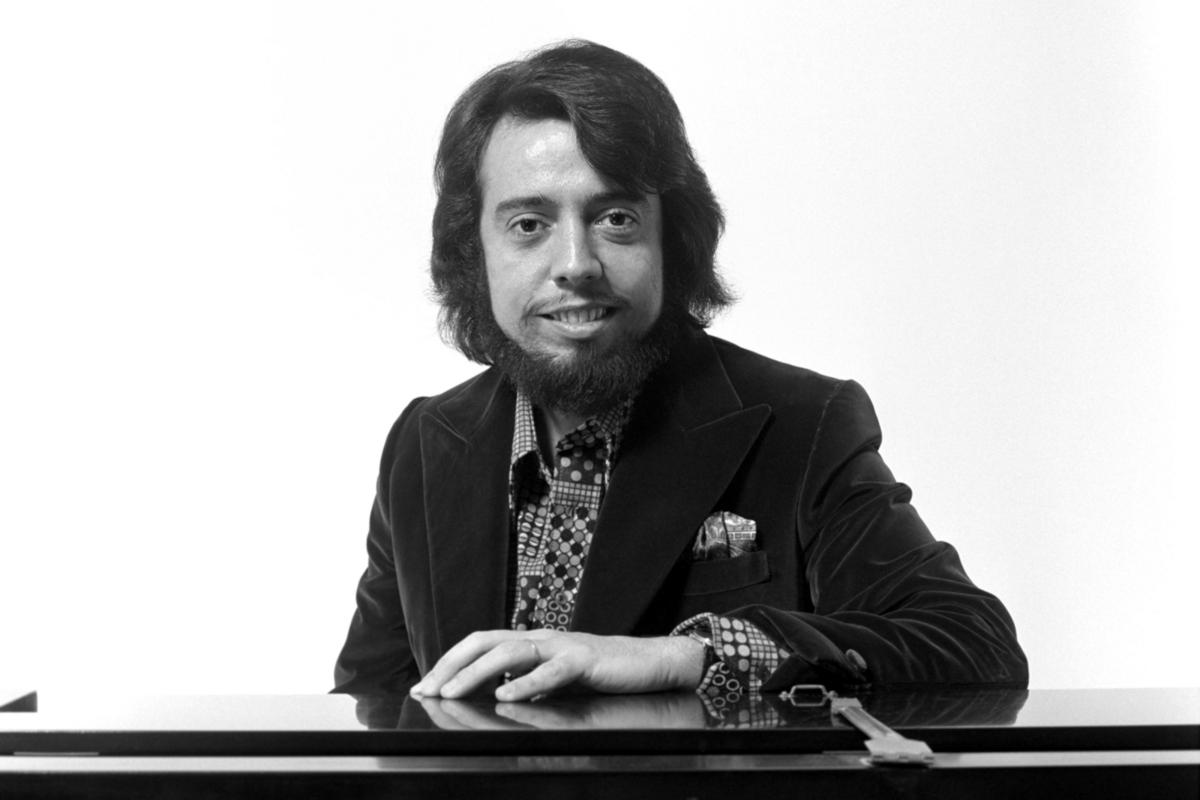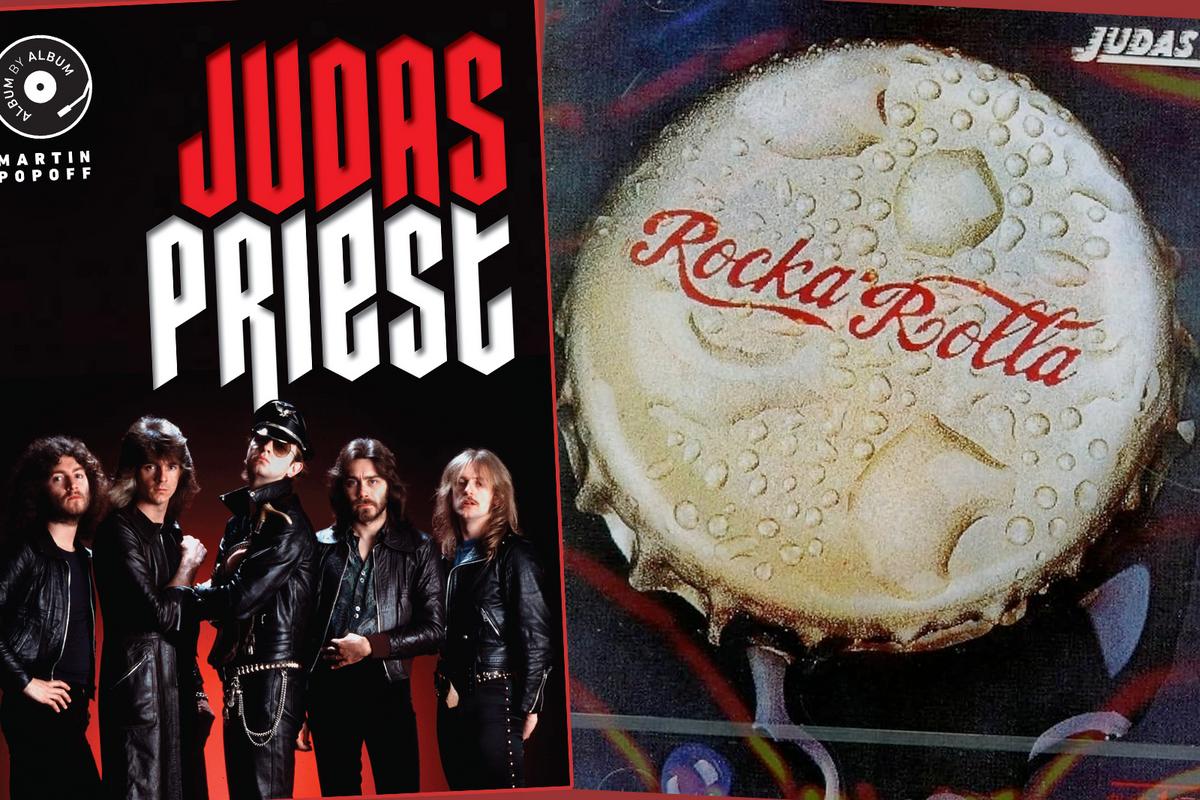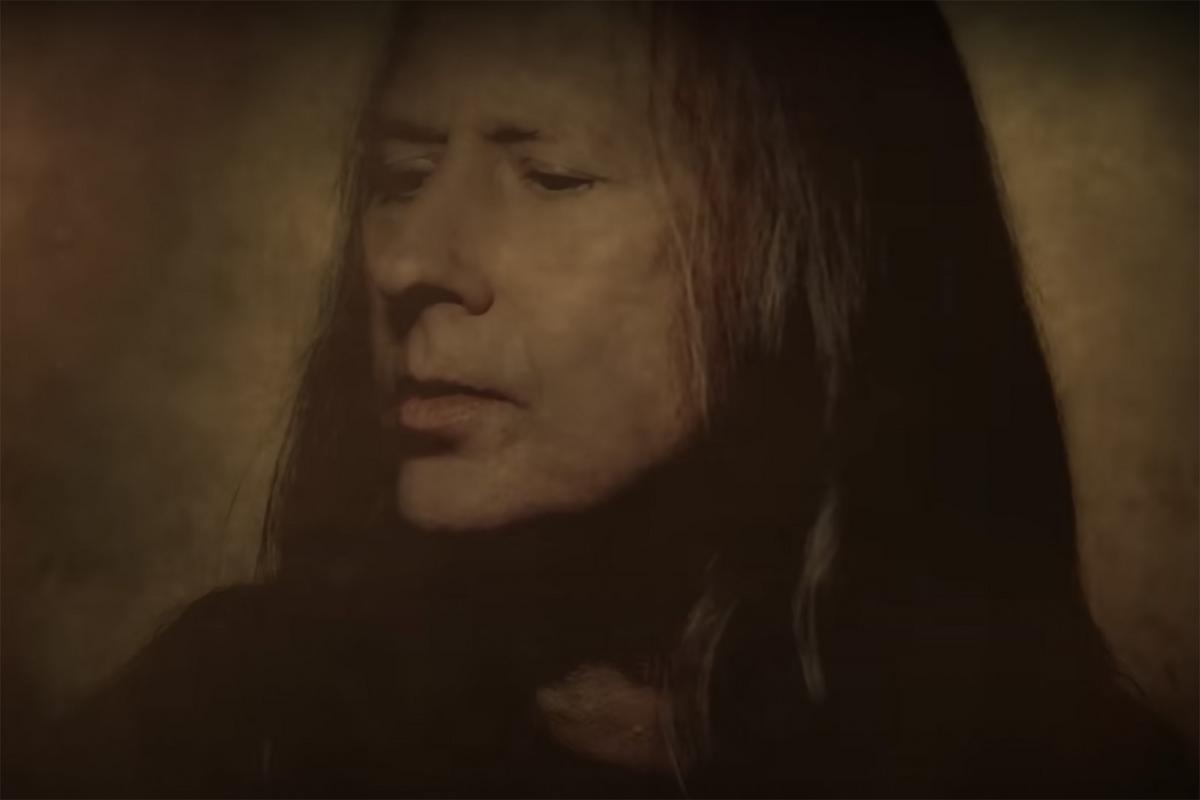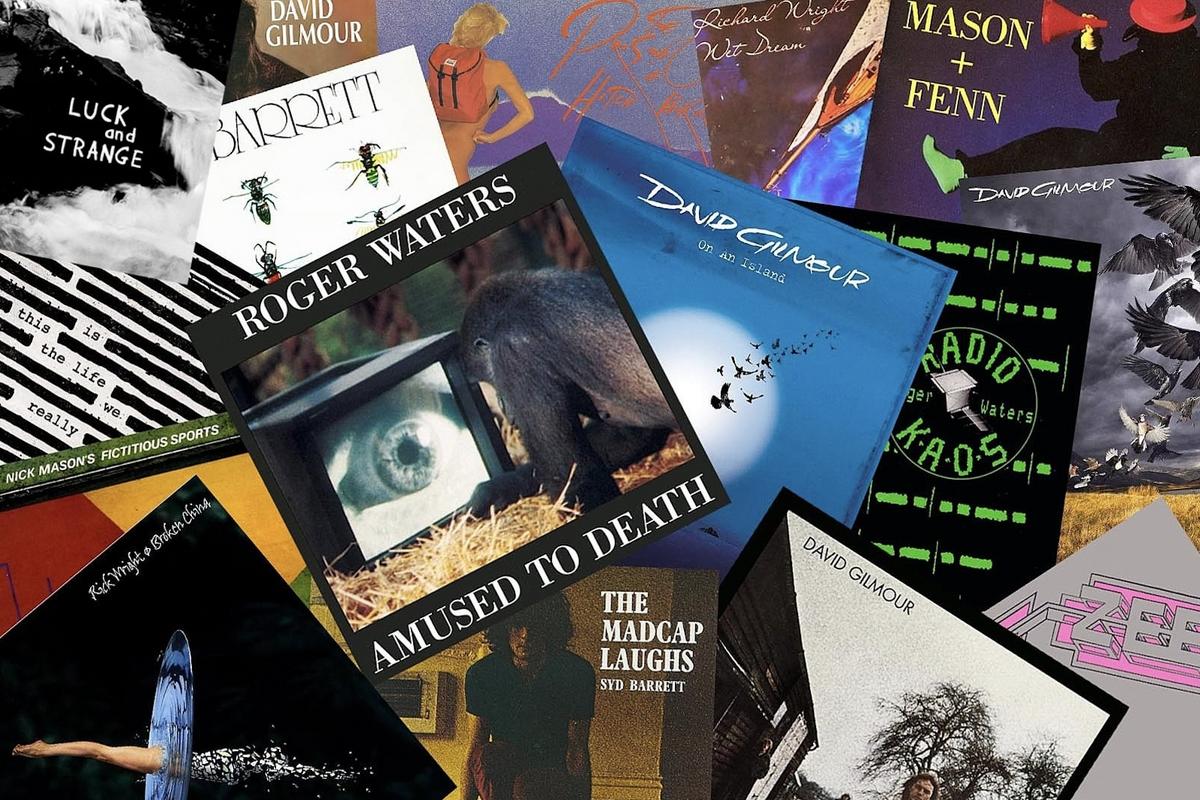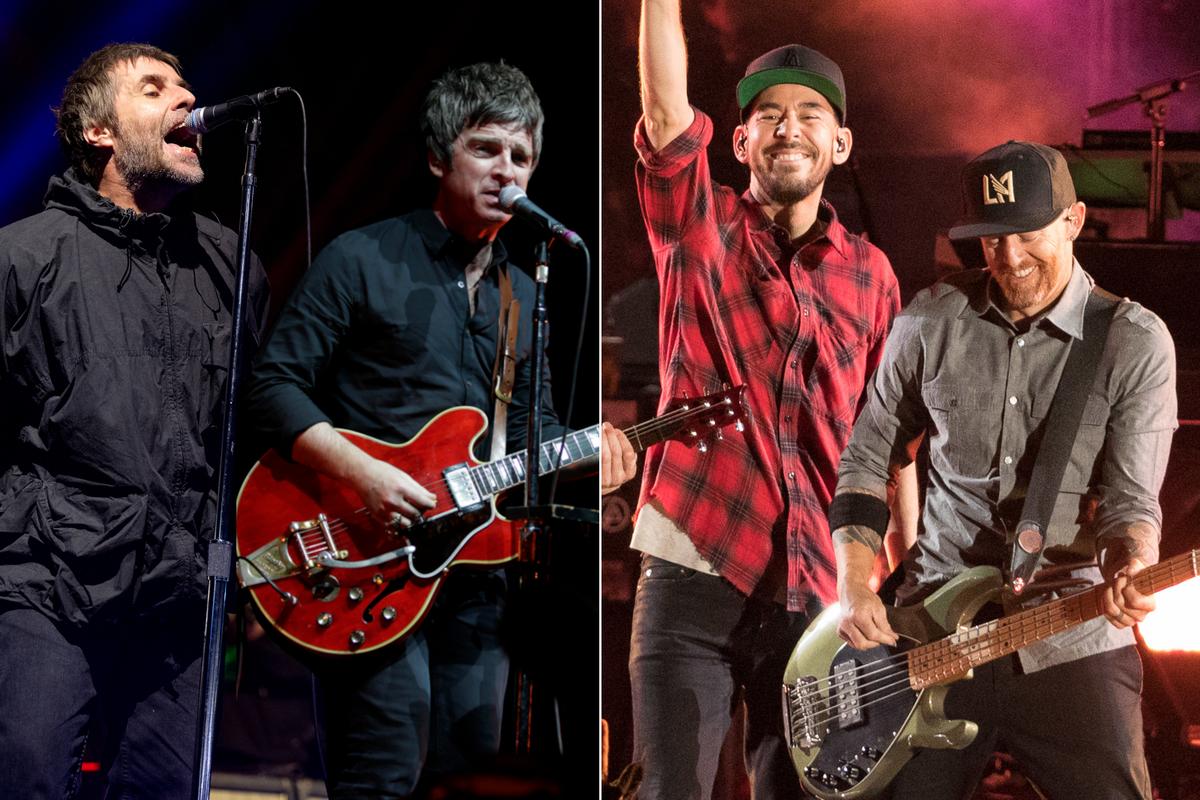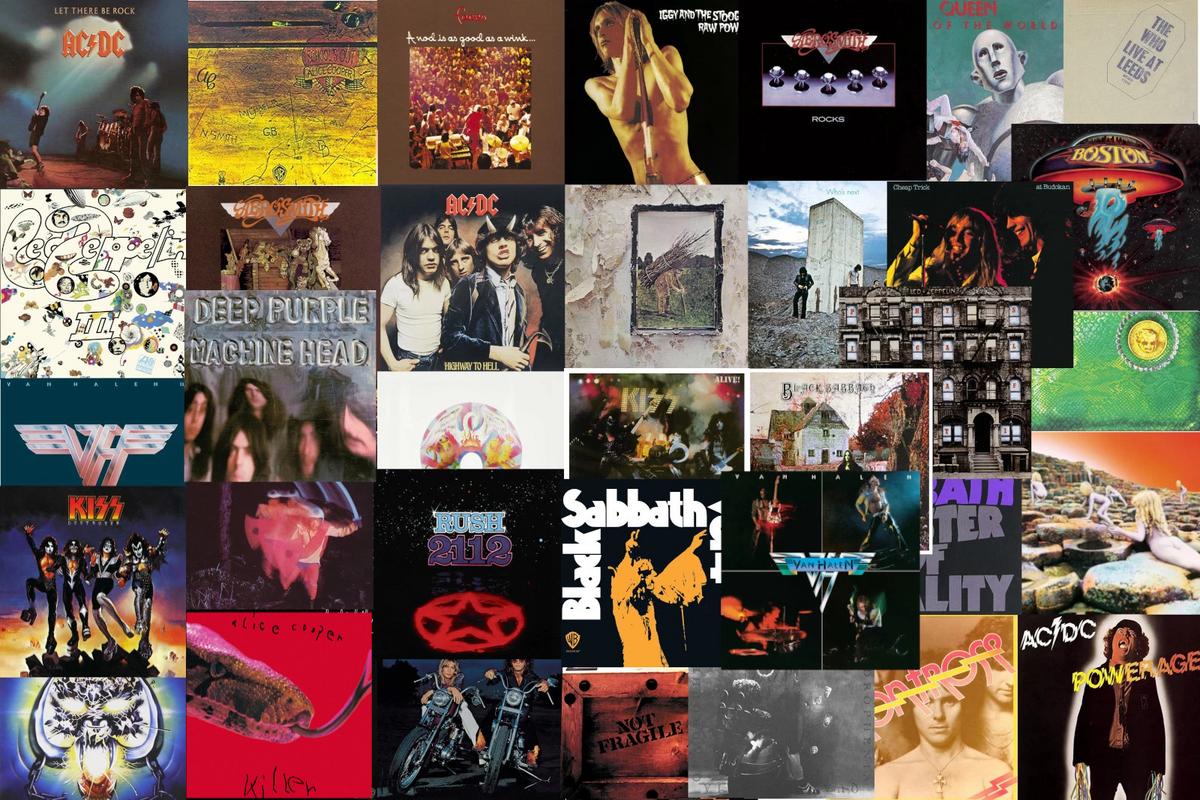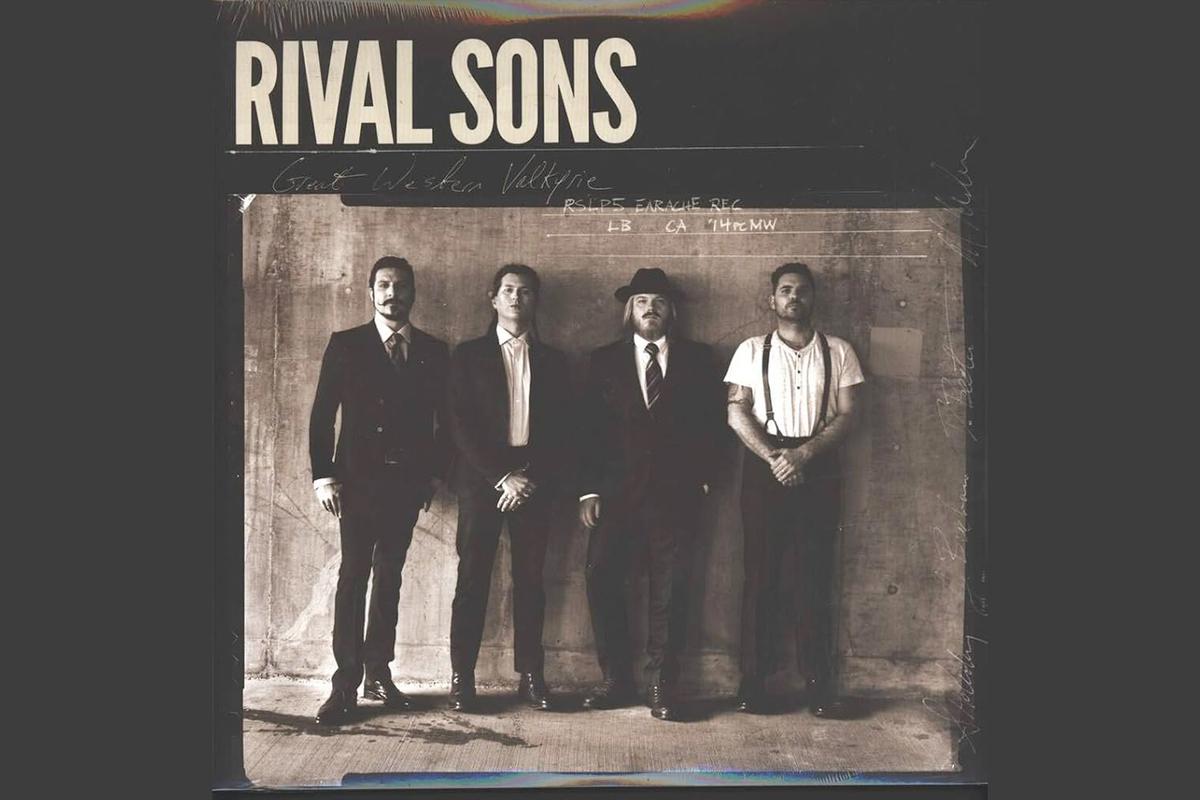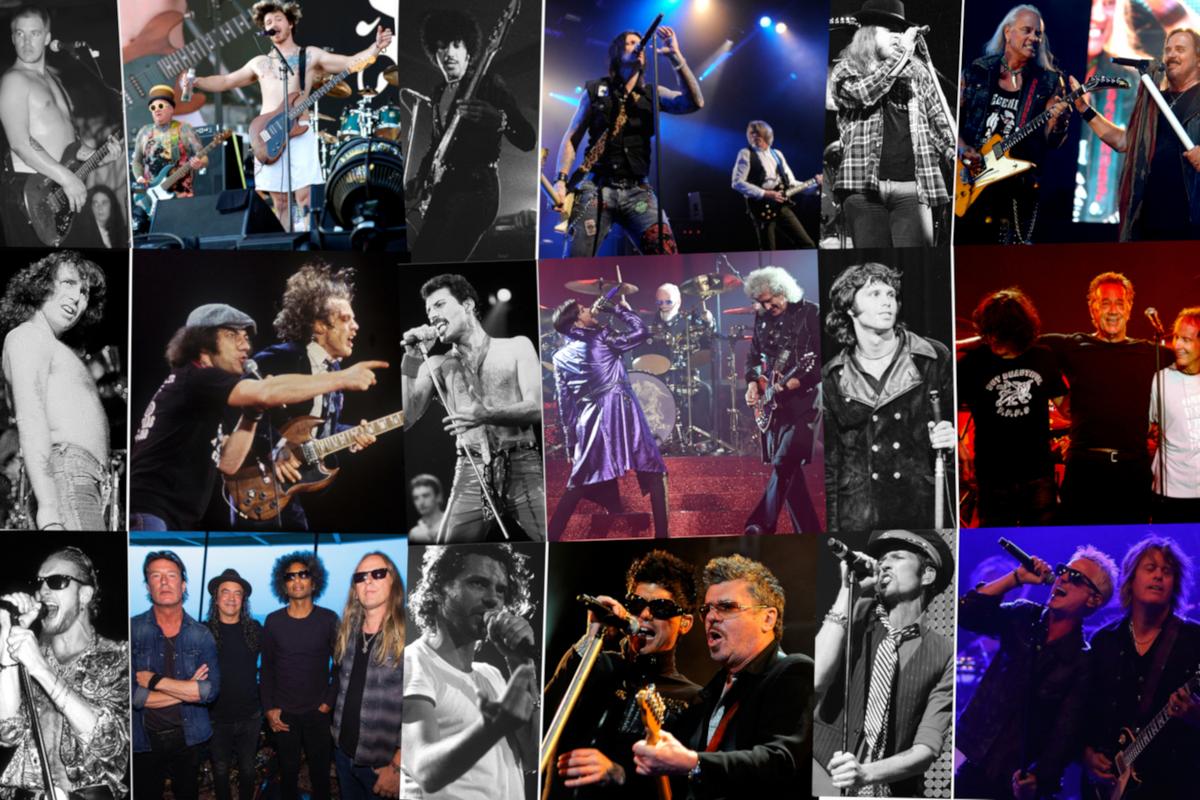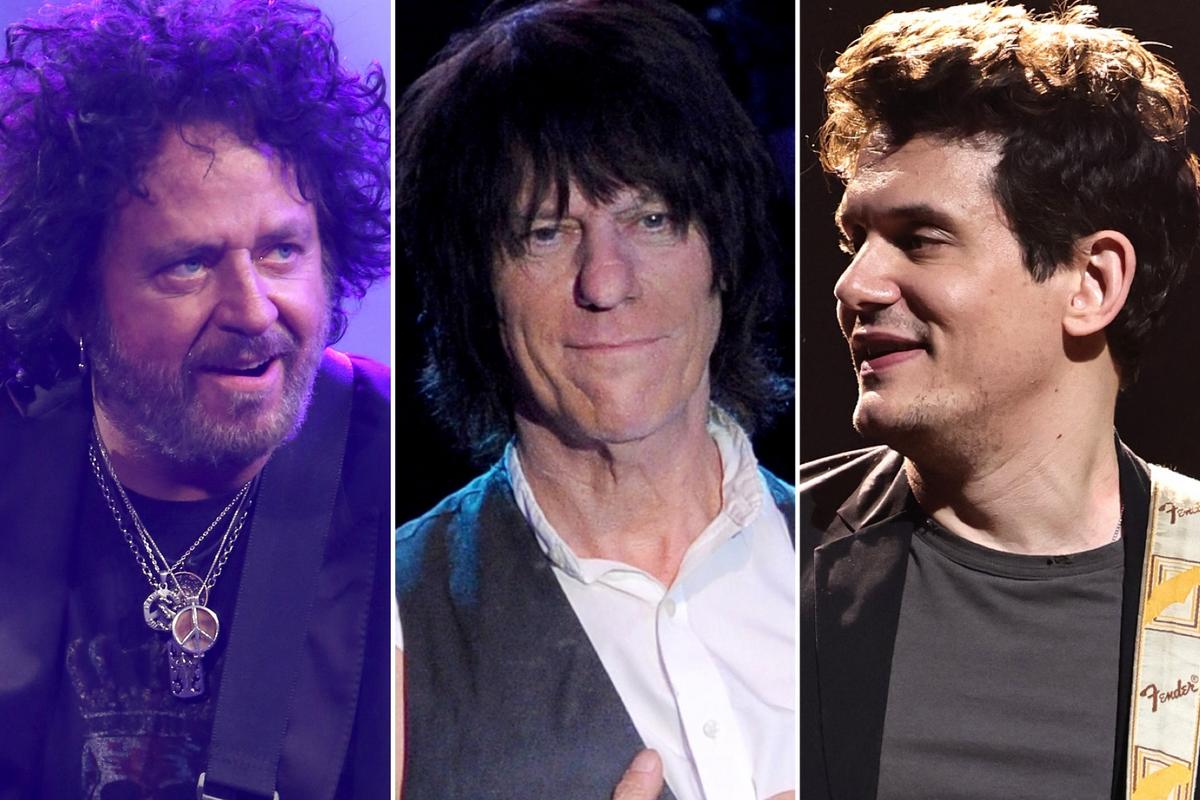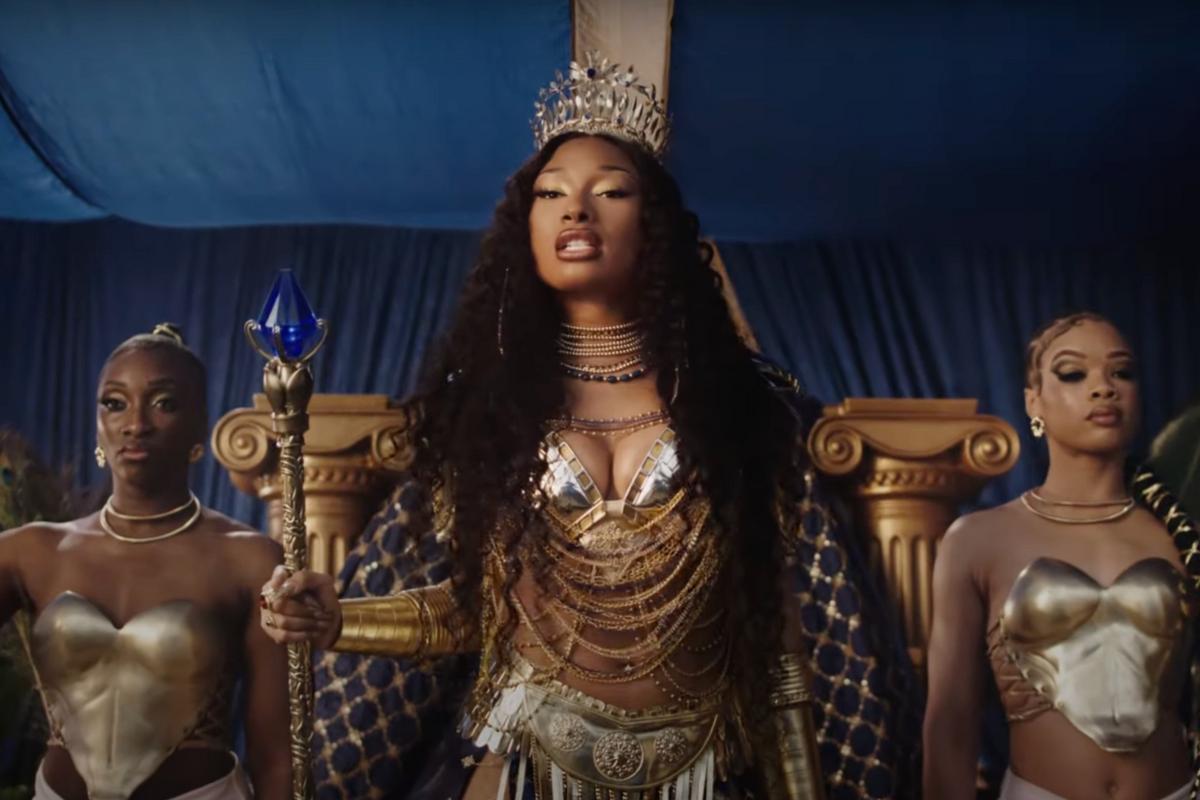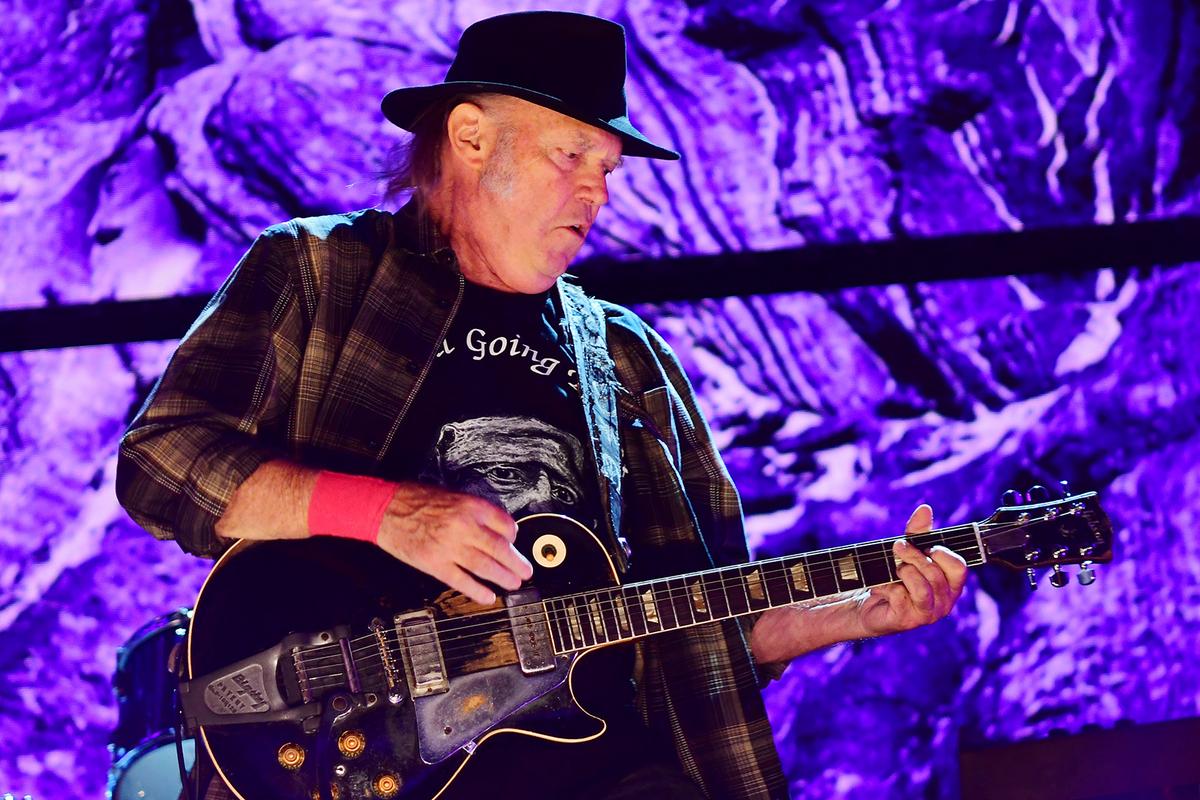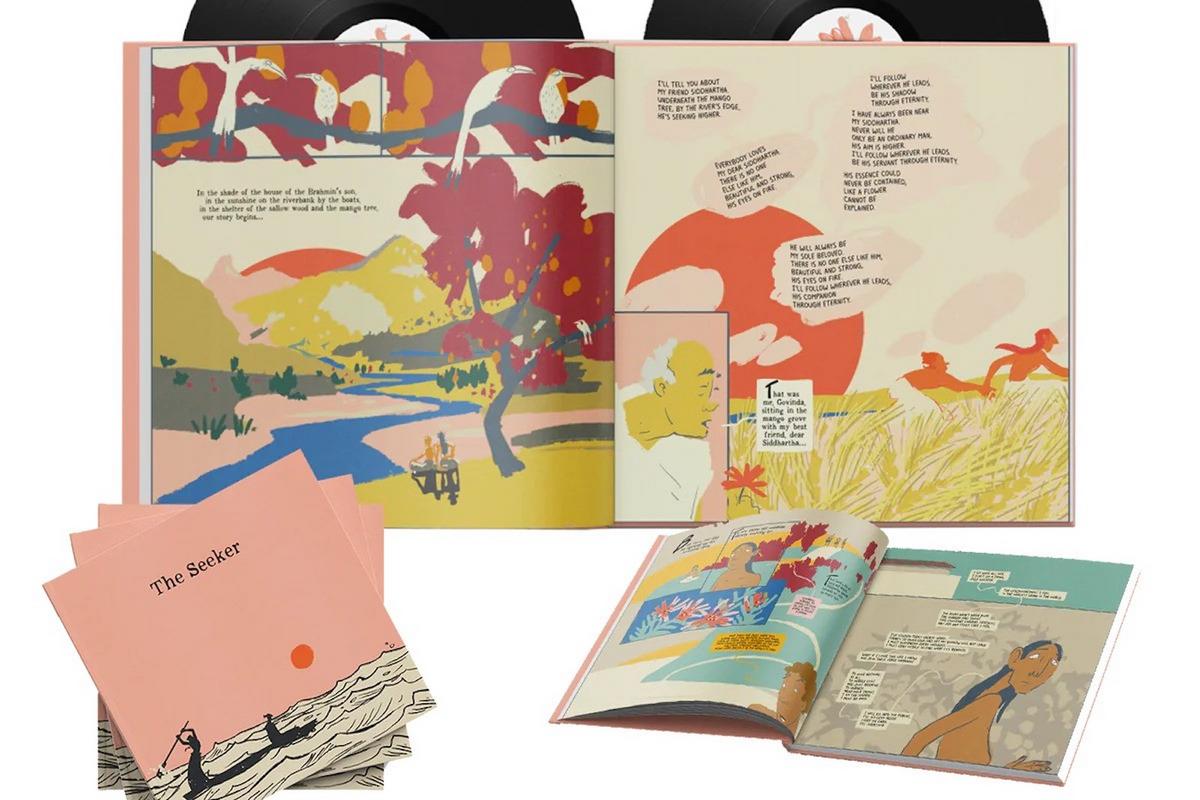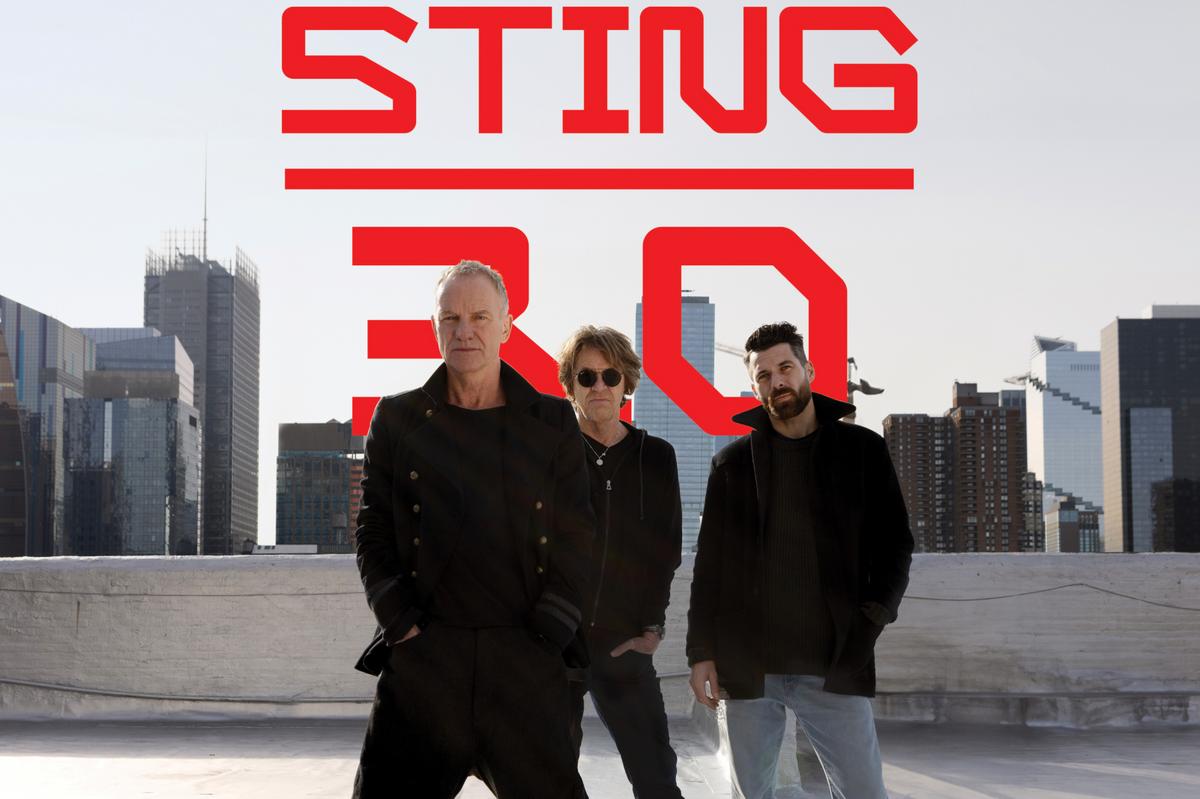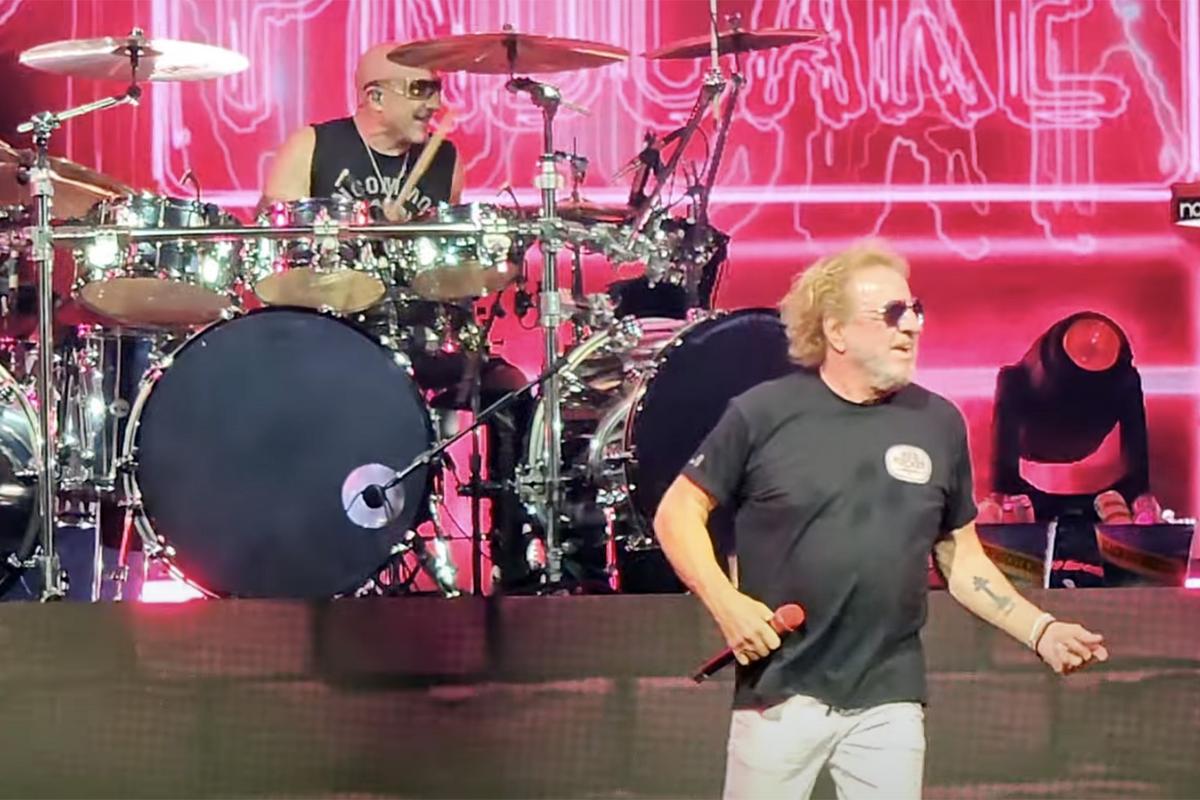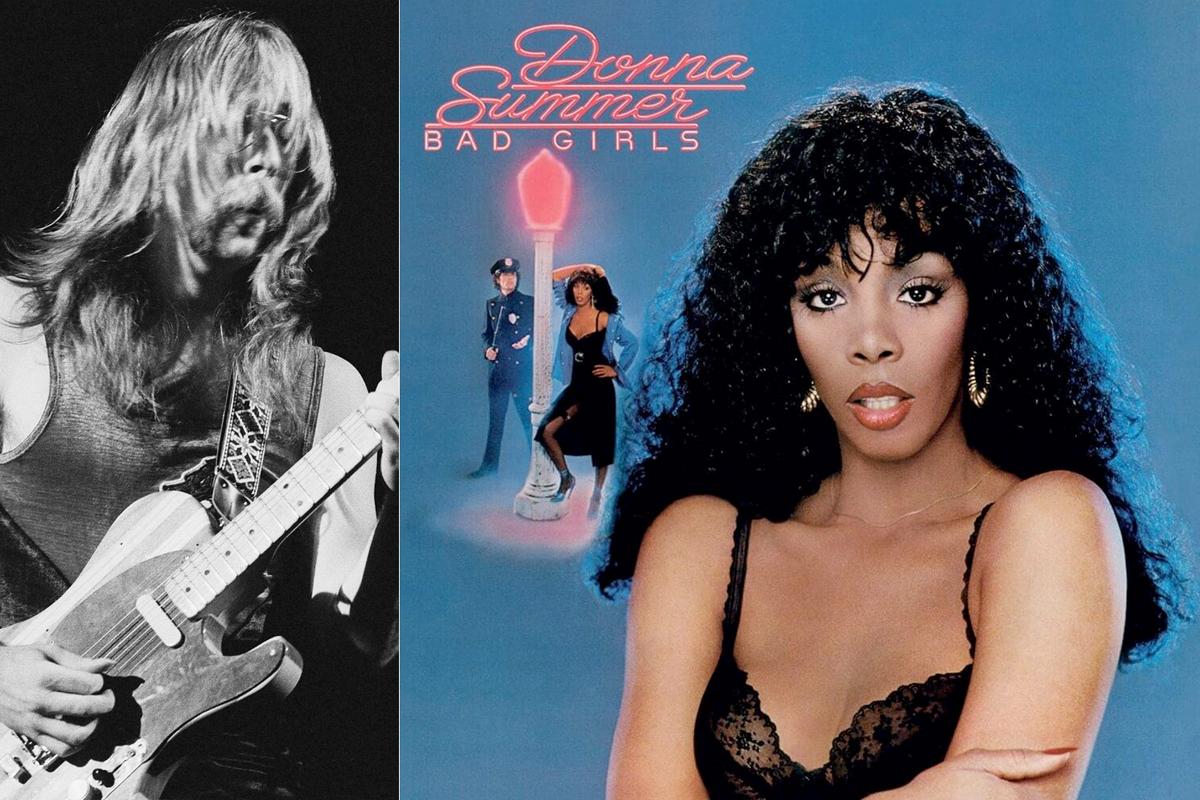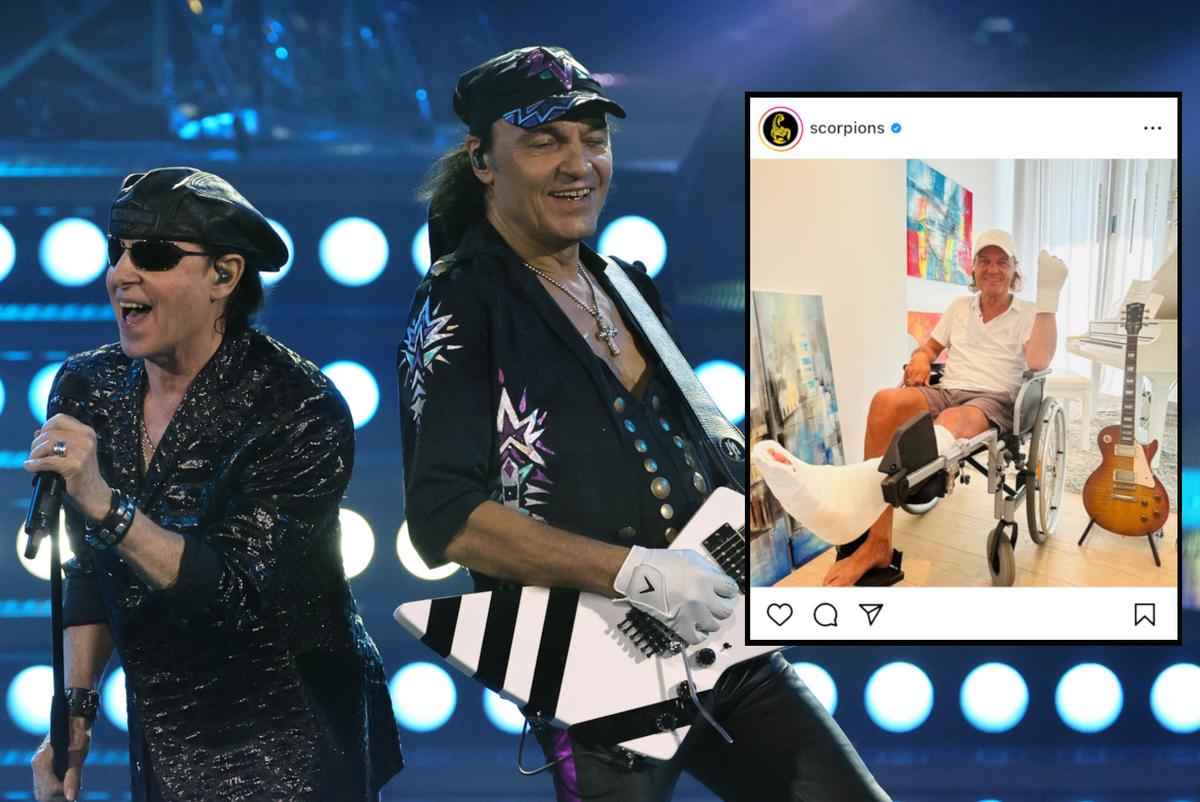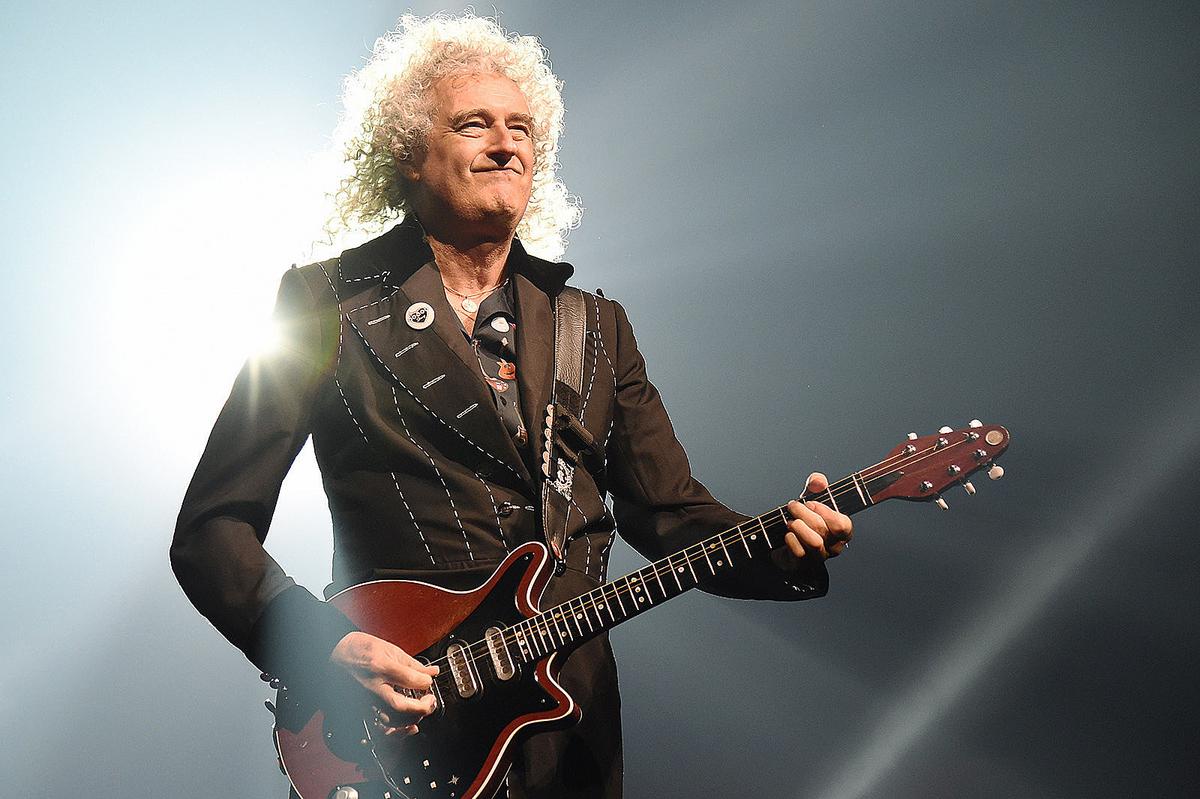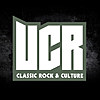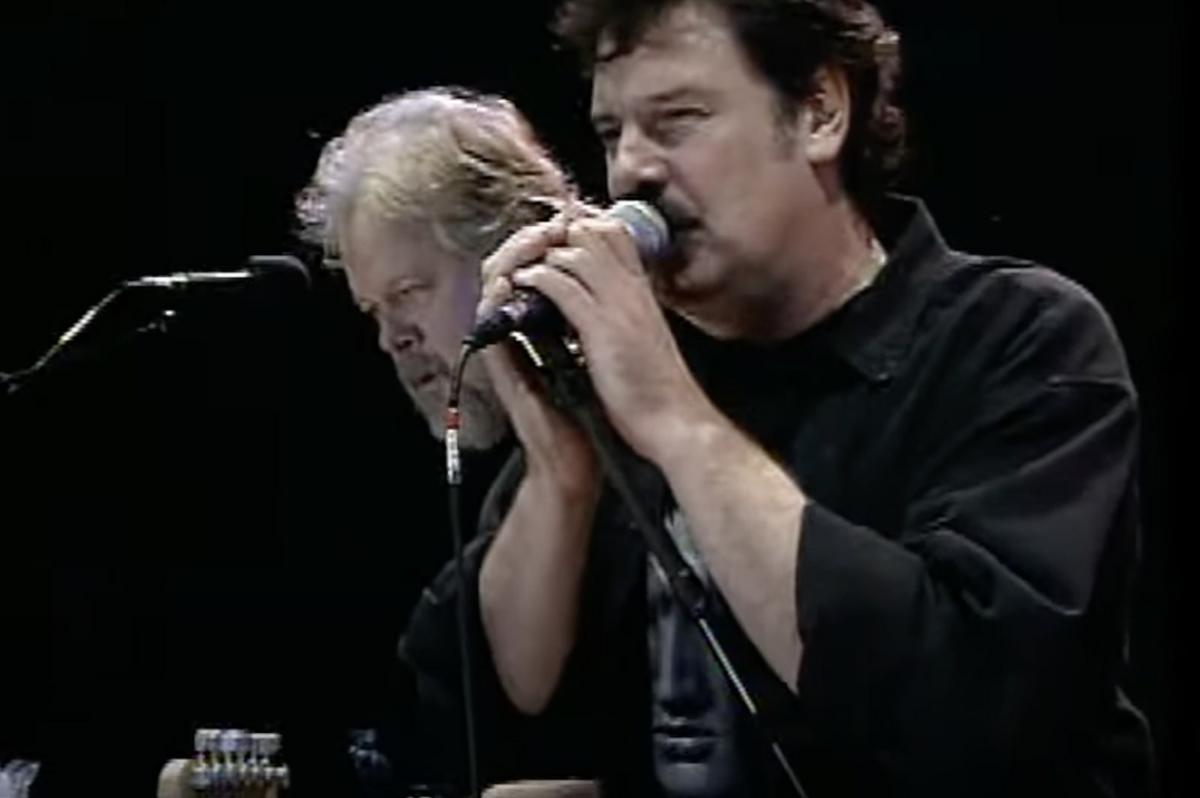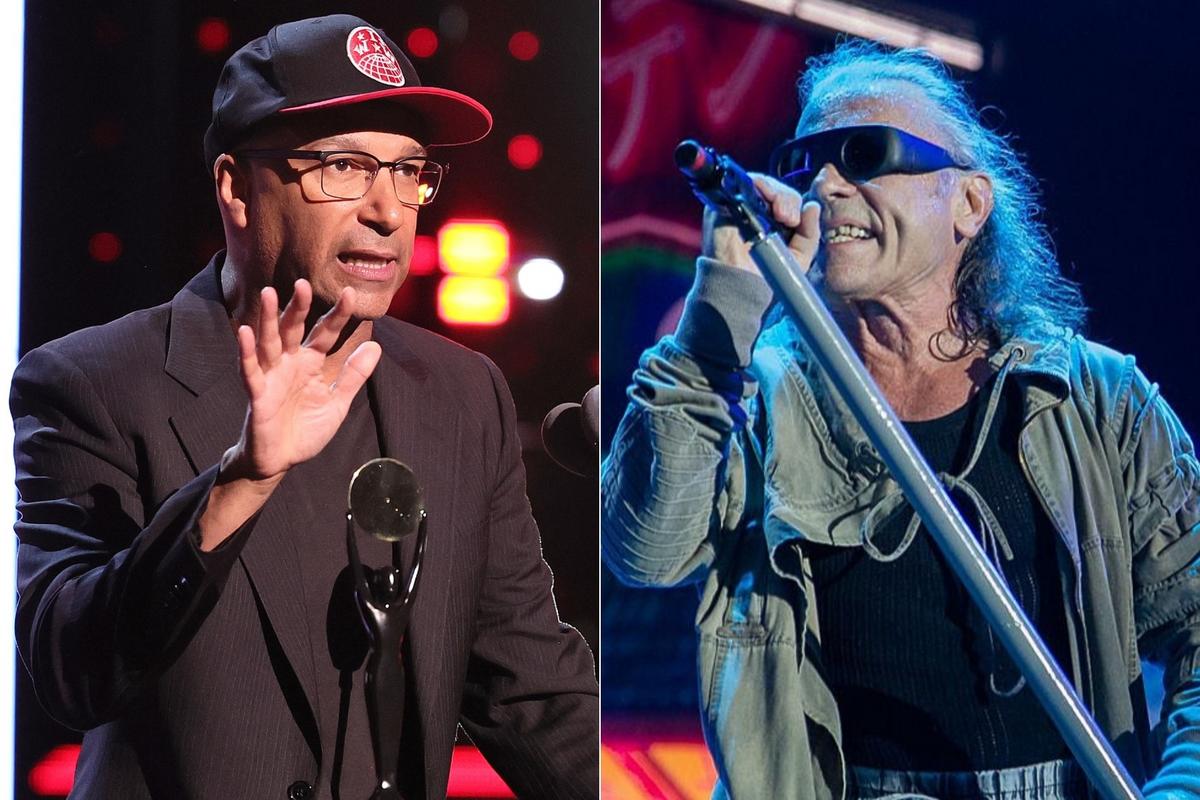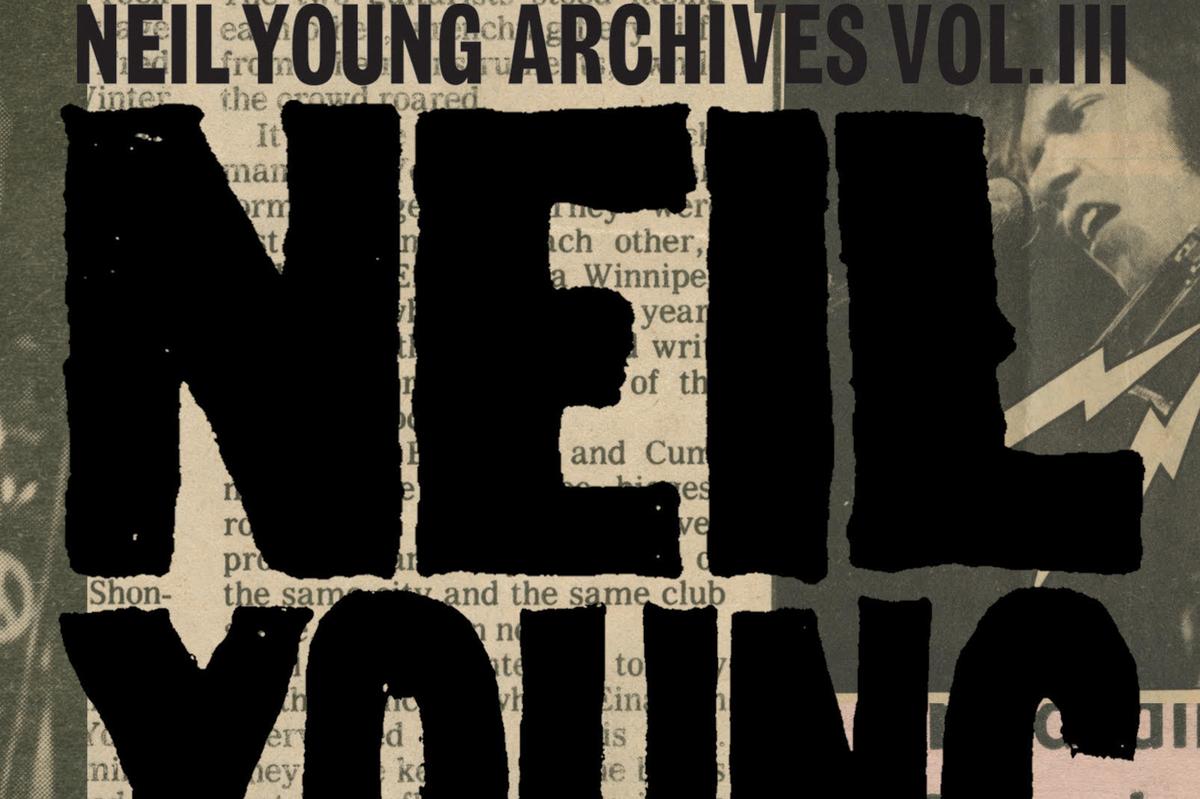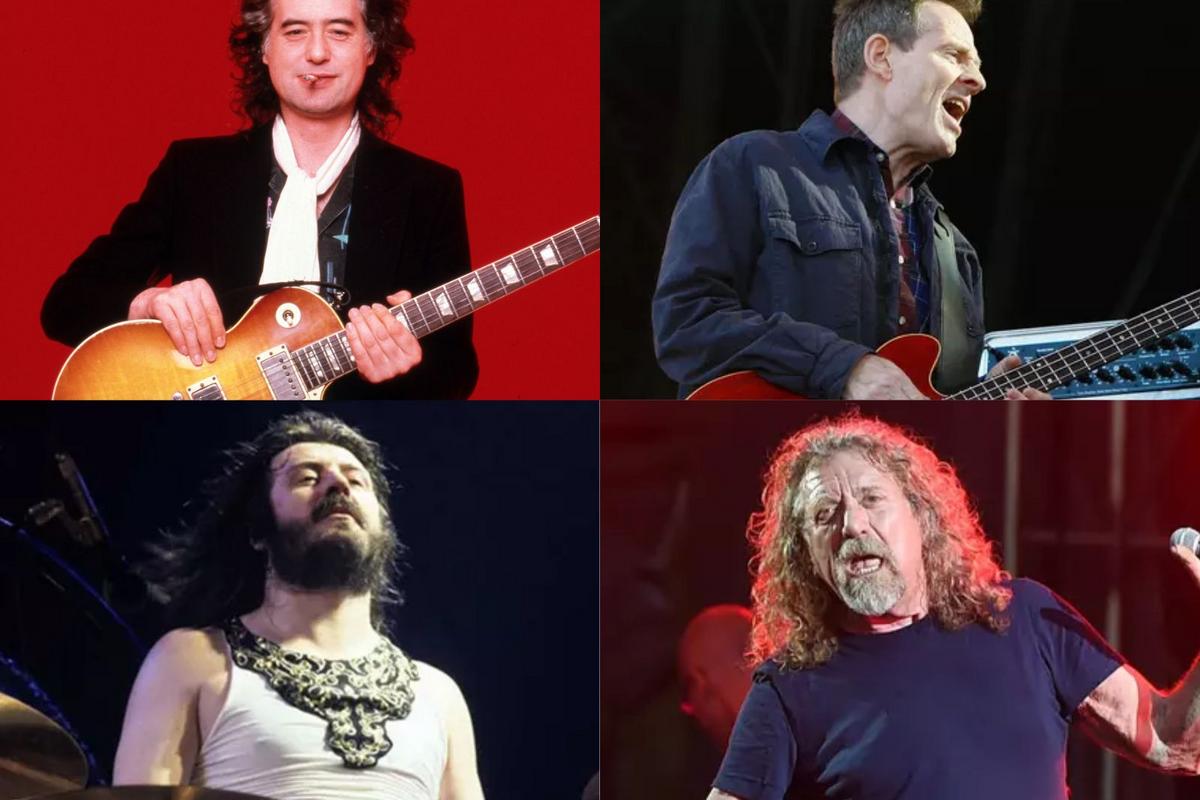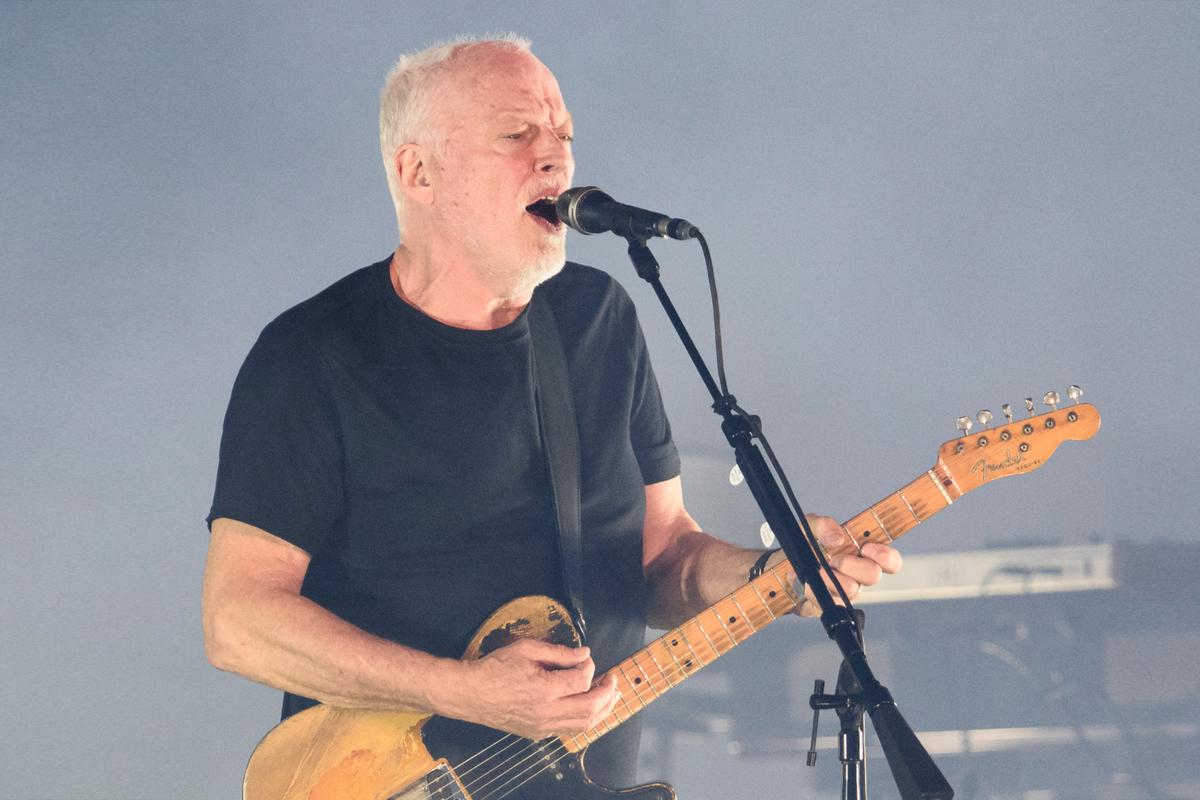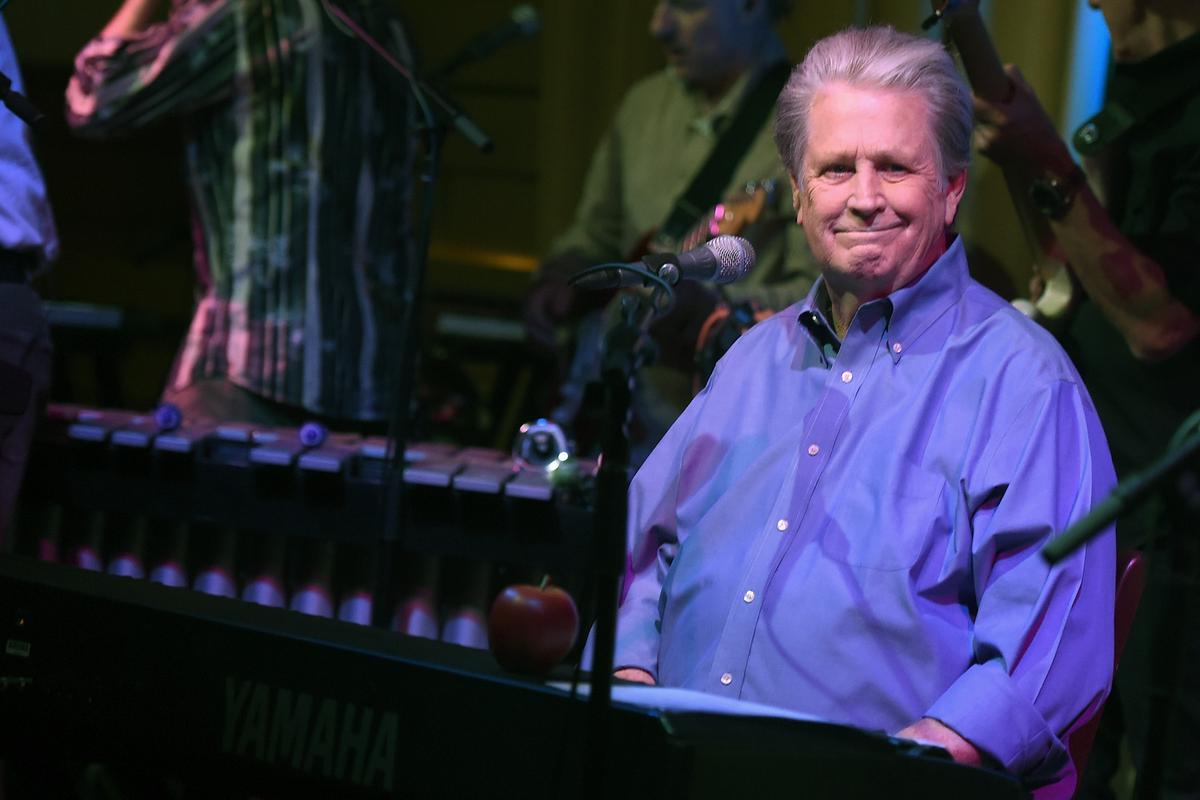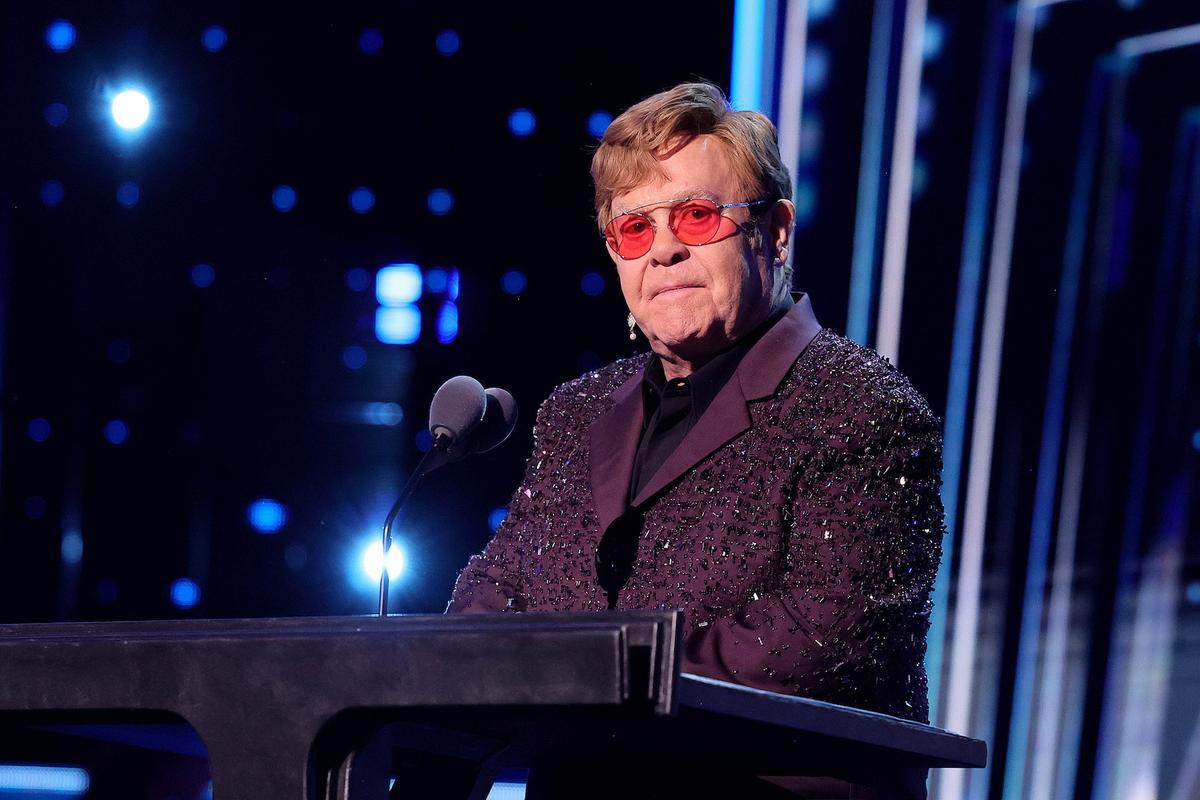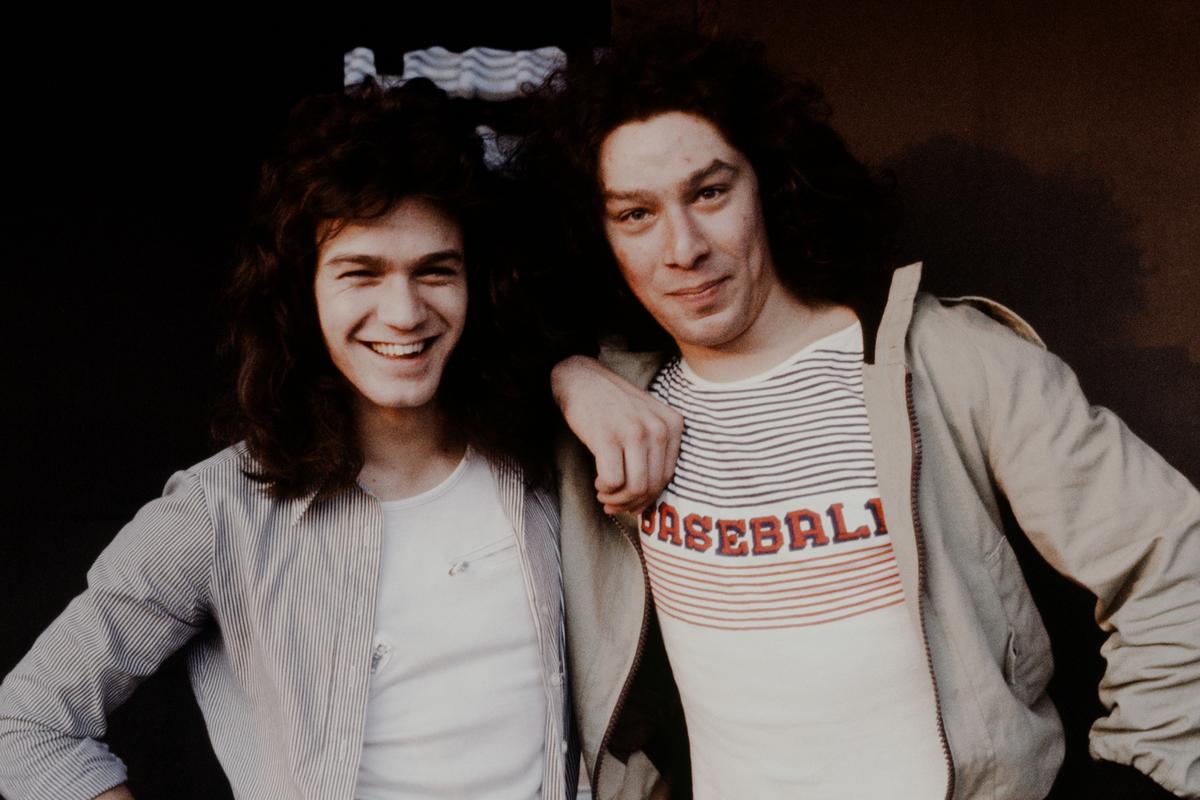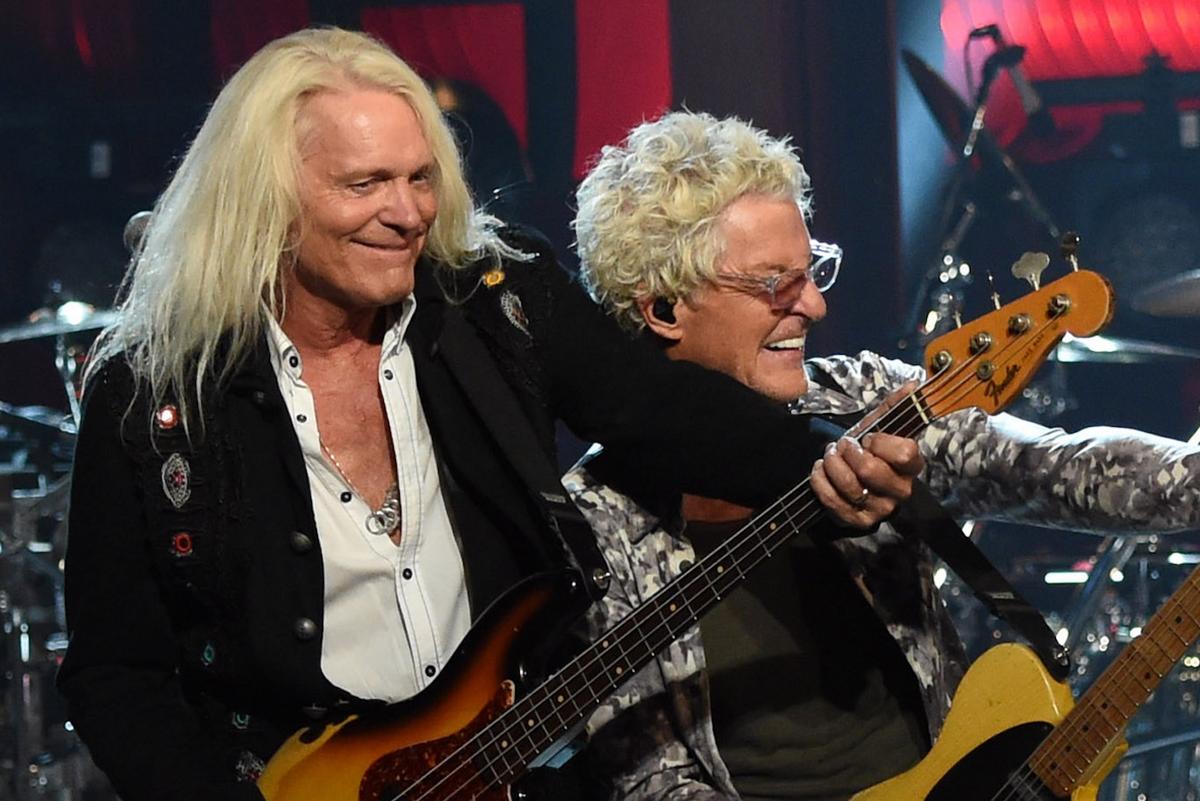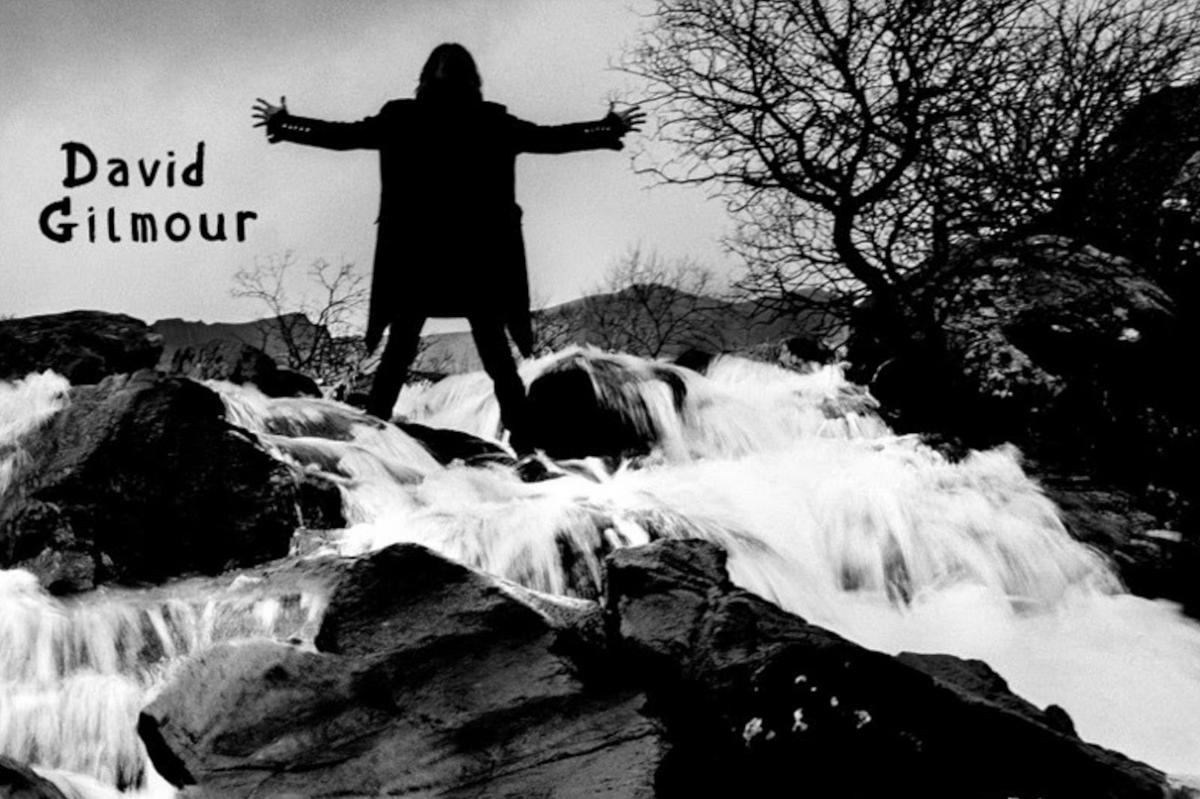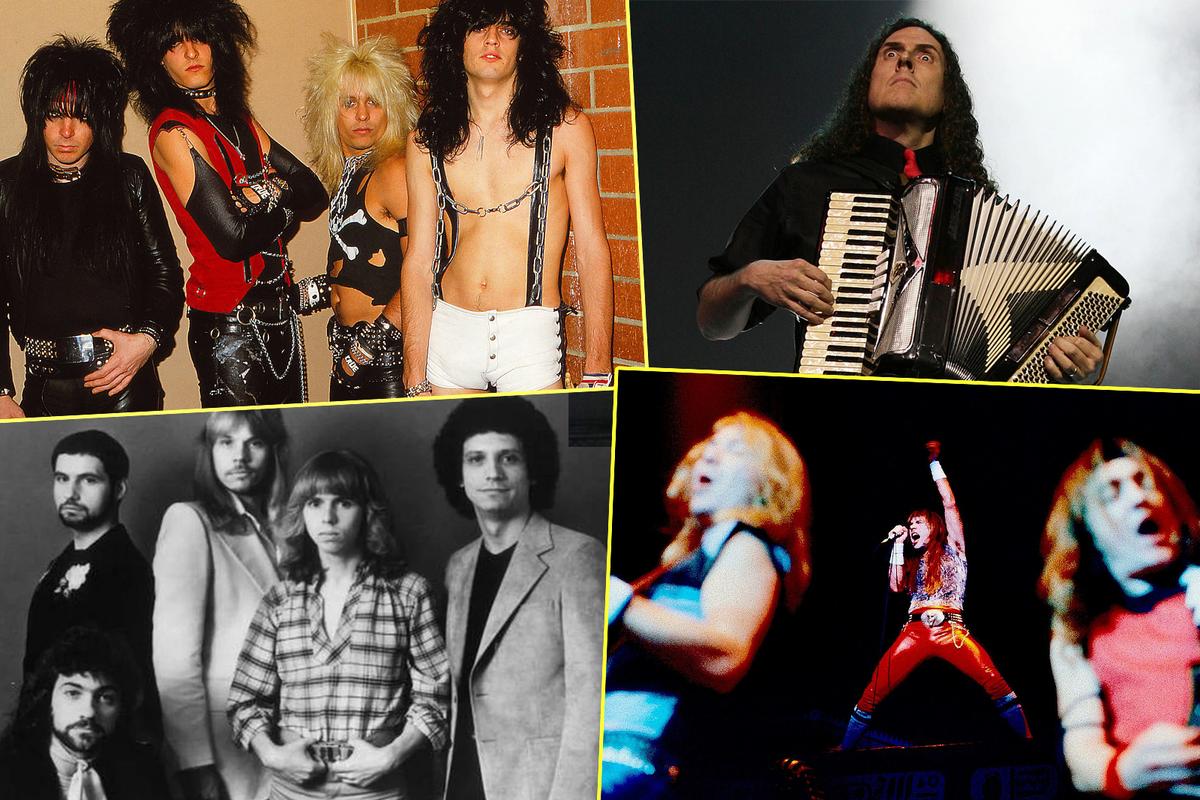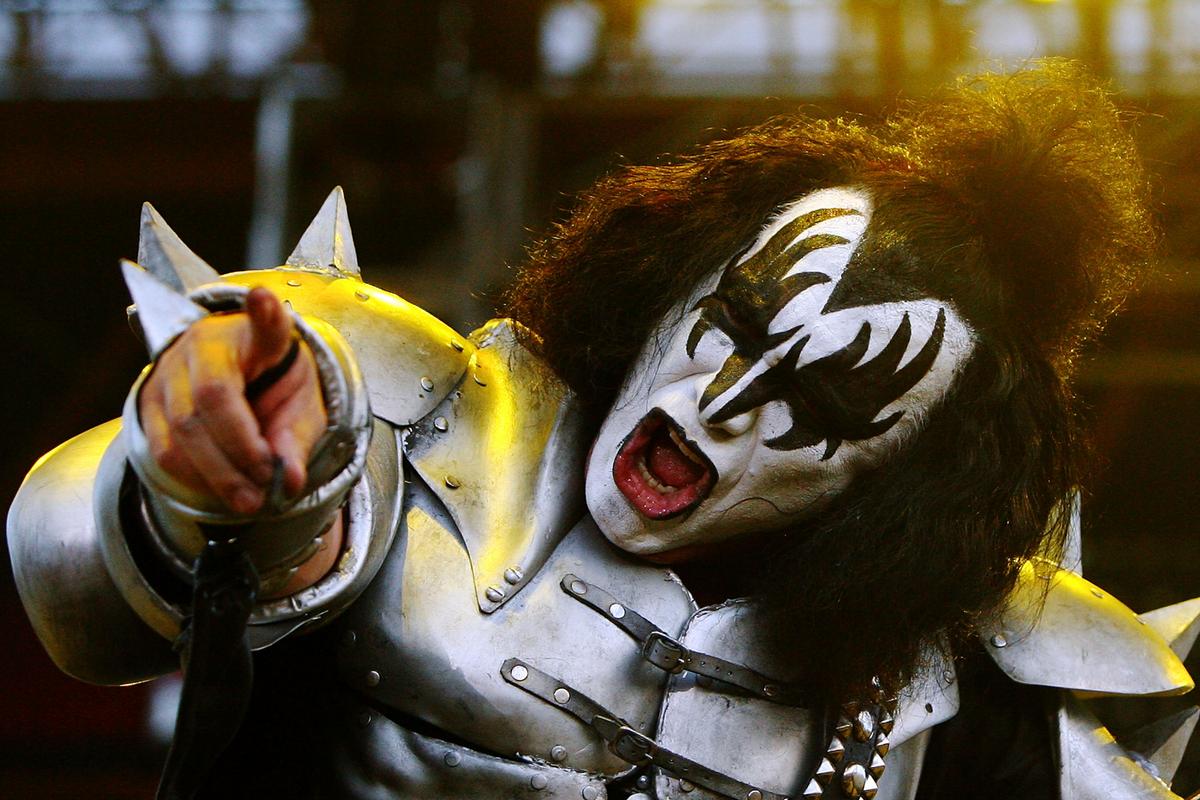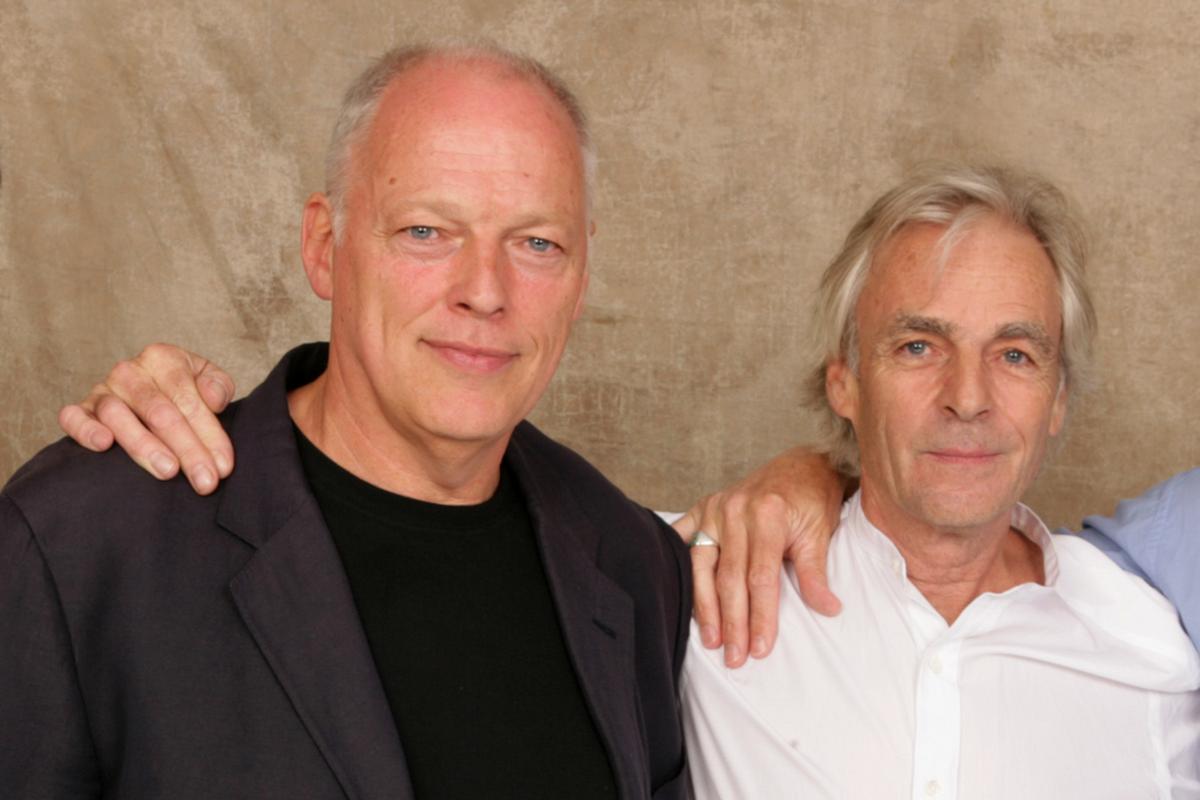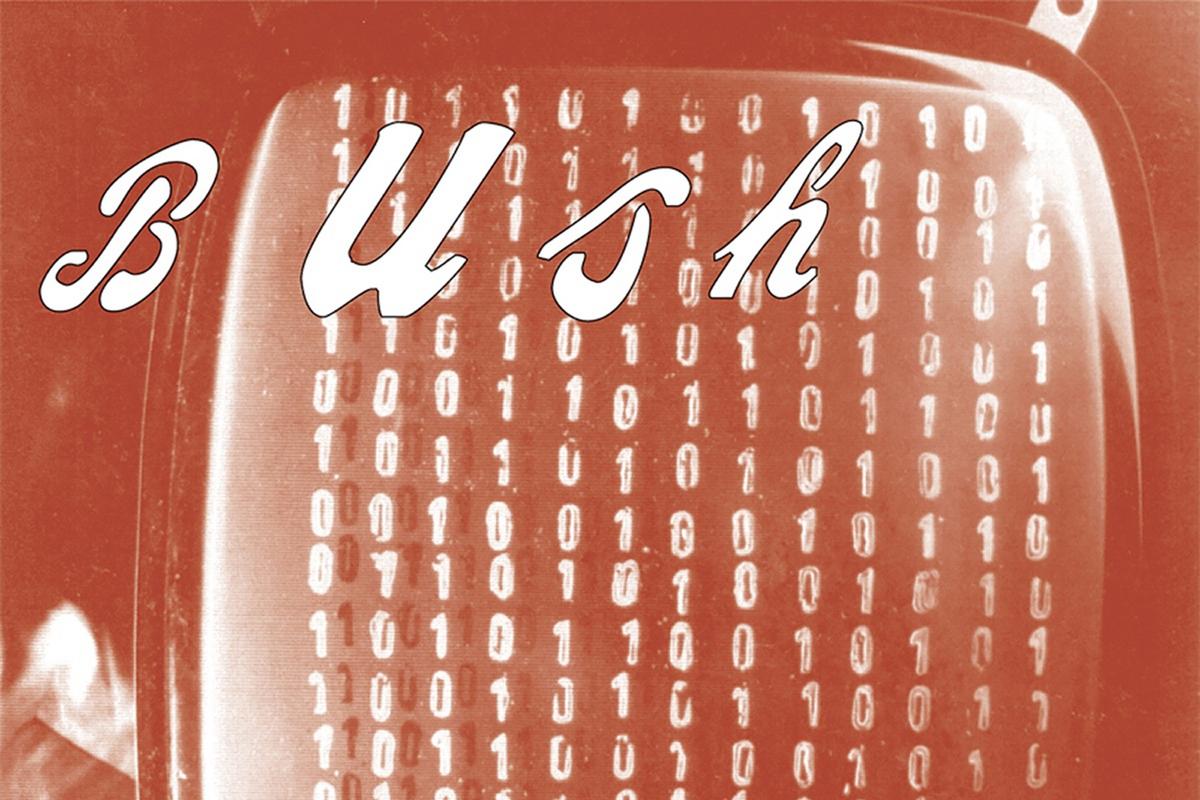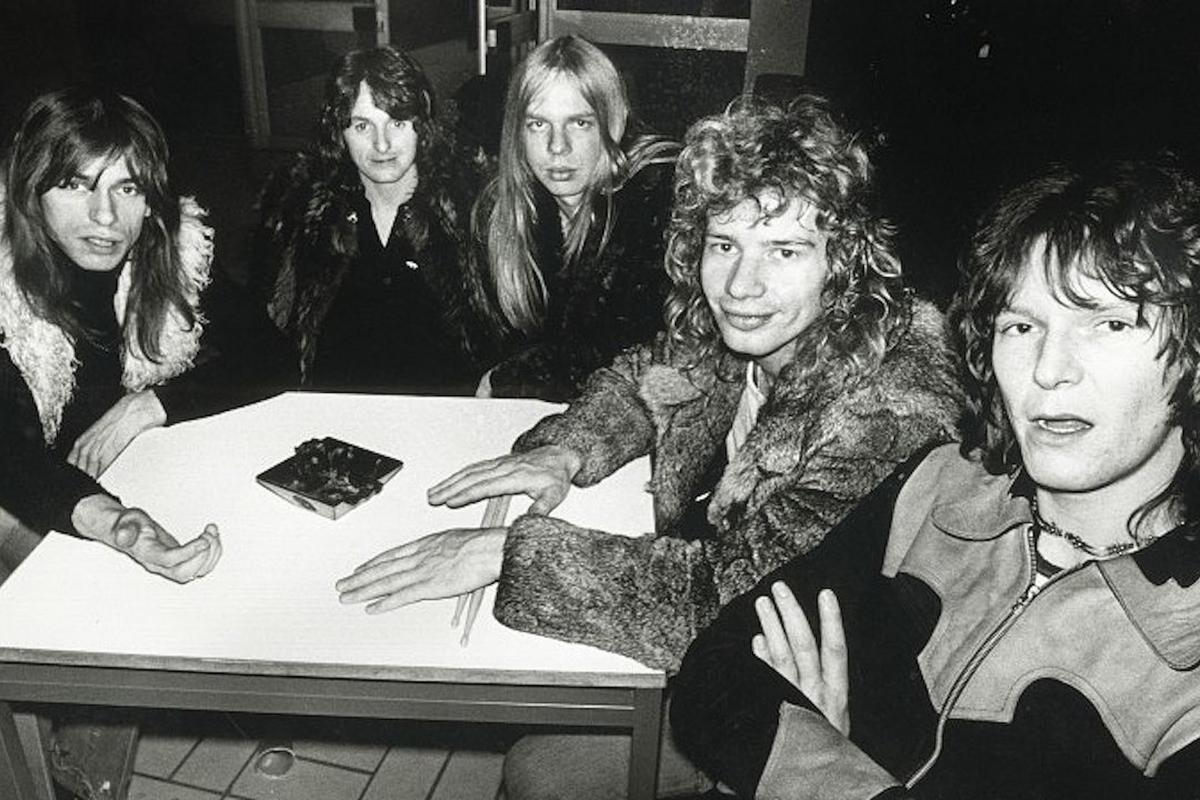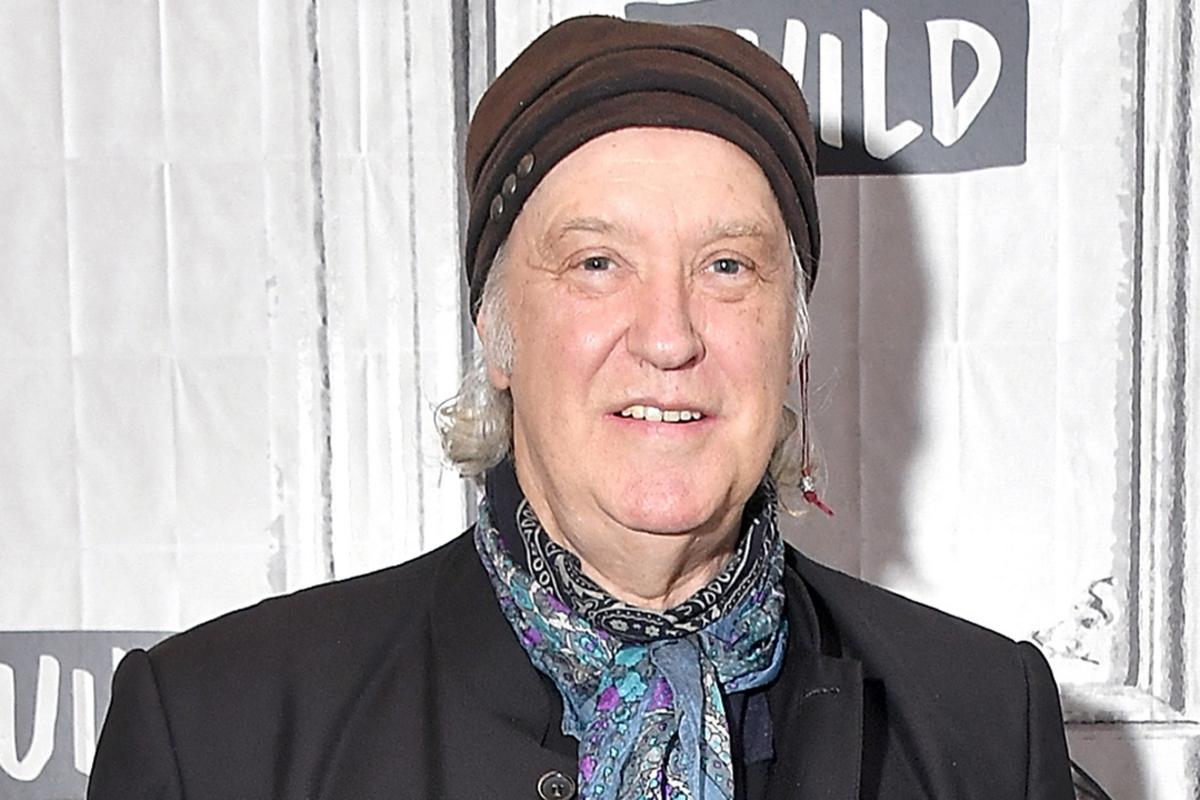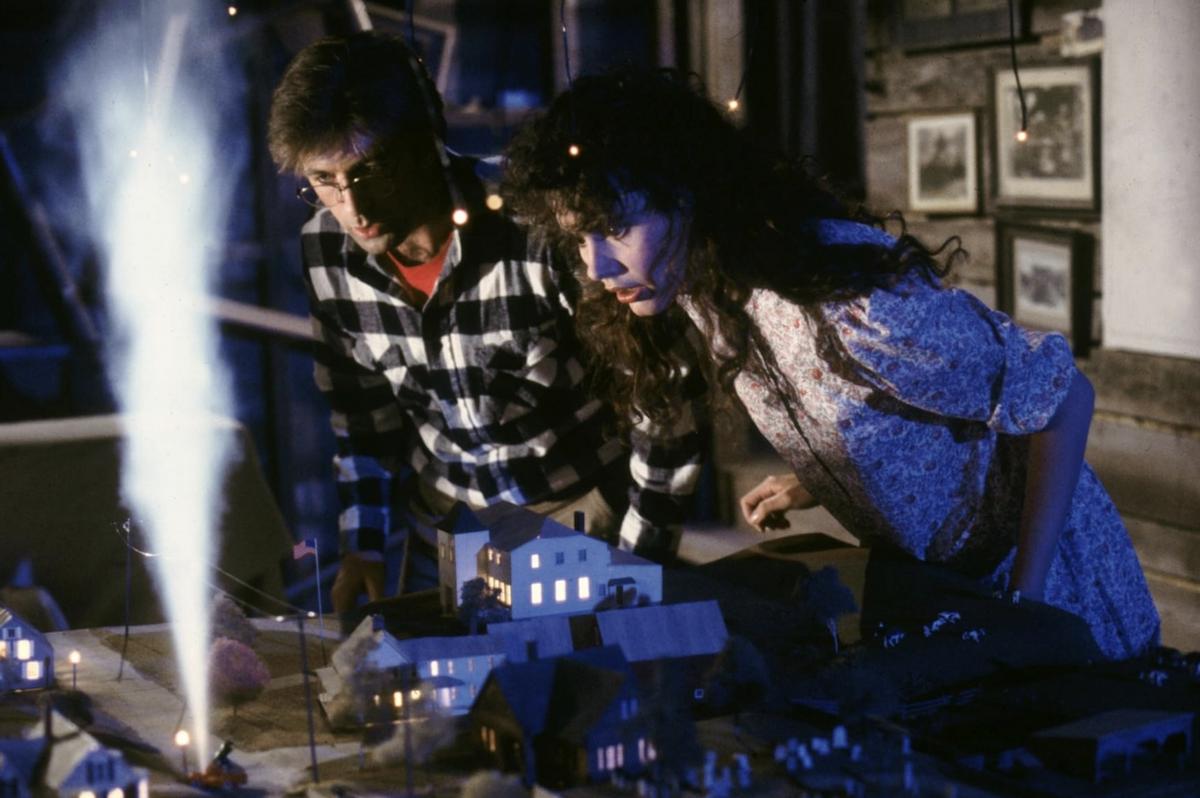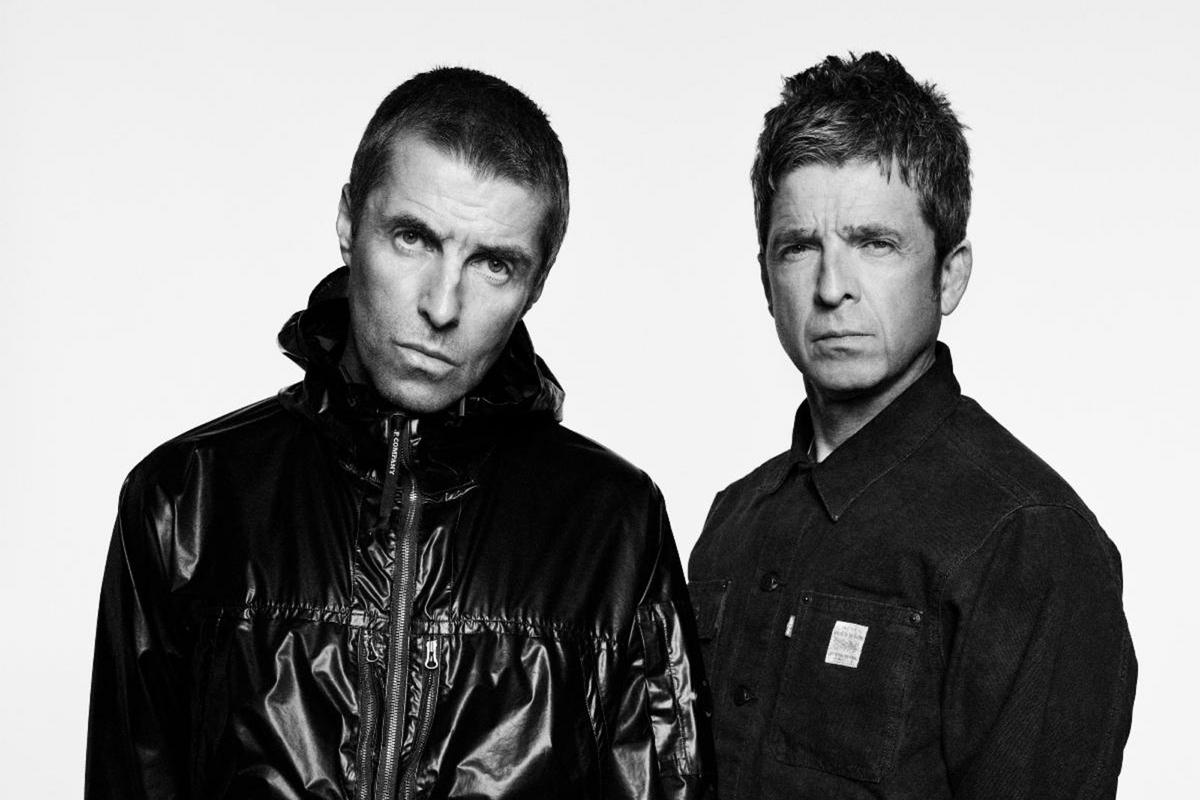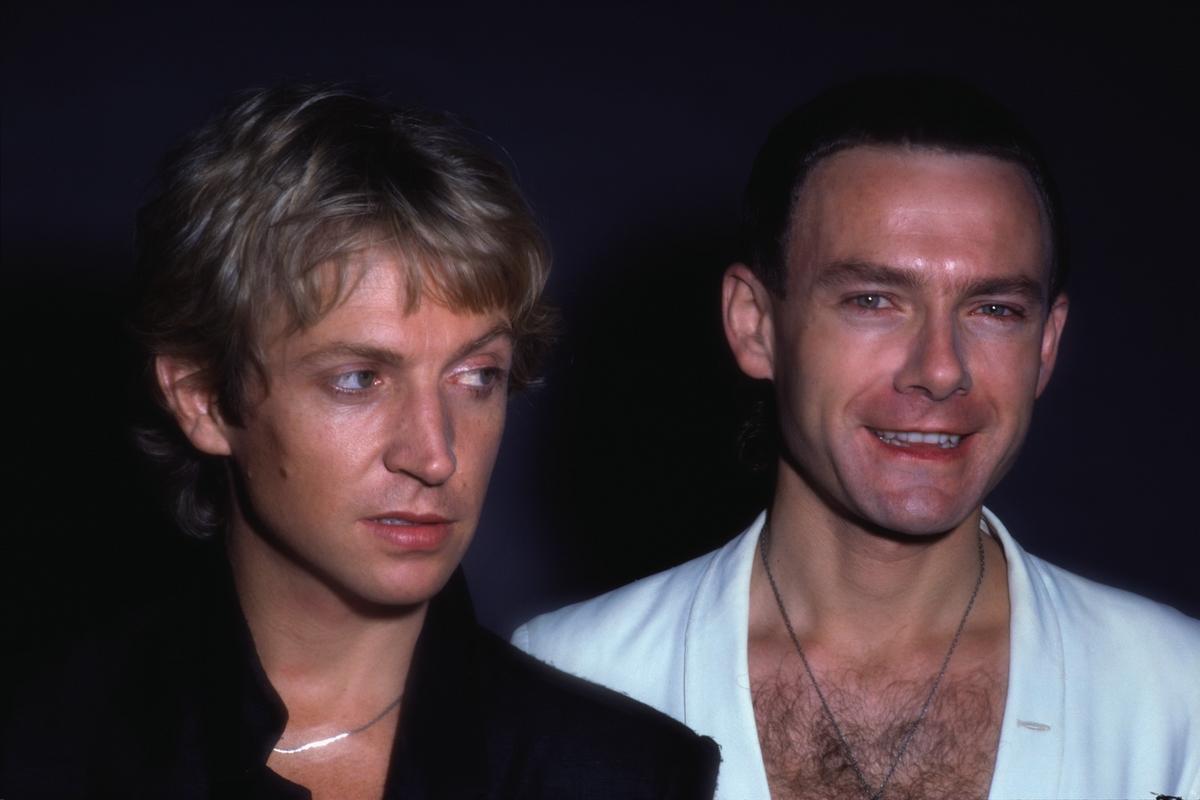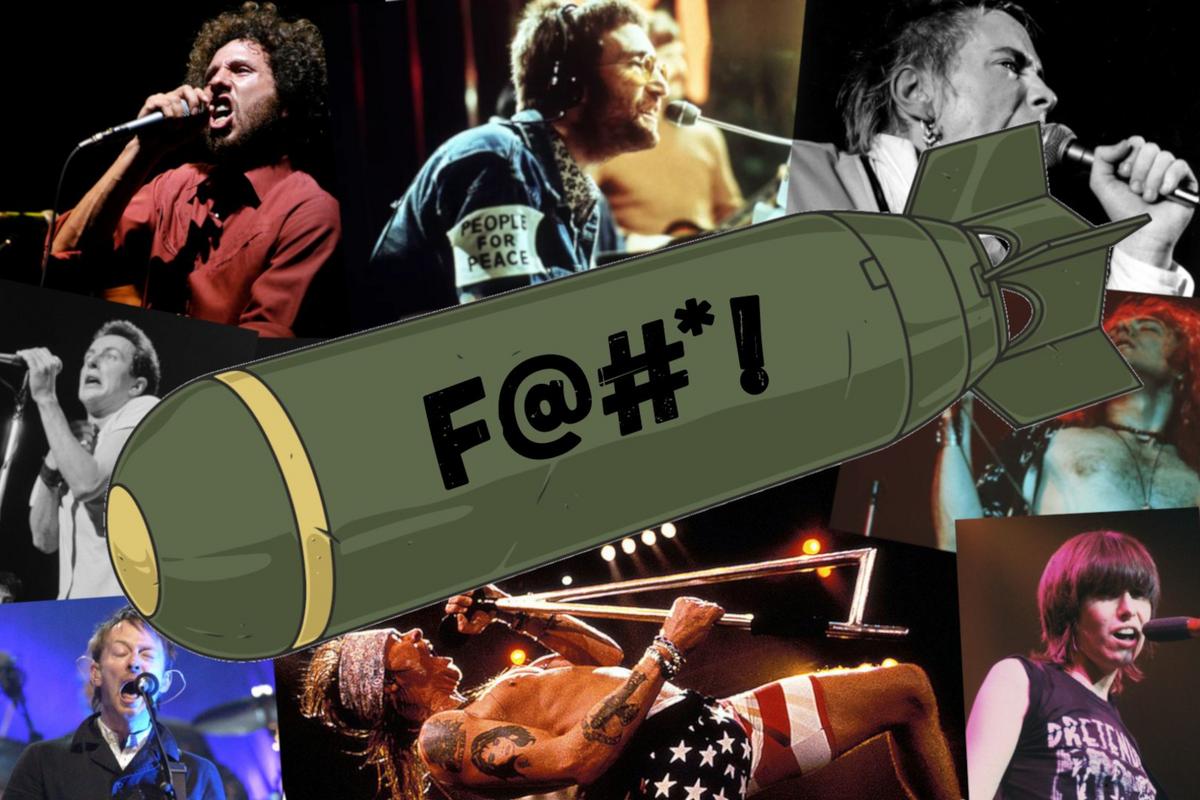“f***” has gotten a pretty bad rap over the years.
Decried as a “bad word,” it has long been censored on radio, television and just about any other public display you can think of. But the thing is, “f***” is actually an incredibly versatile word. It can express anger, bewilderment, confusion or betrayal. It can be inflammatory at one point and erotic at another. Is there any other word in the English language that wields such broad ability? We don’t think so.
While using the f-word has become commonplace in modern music, it’s often just for show. Artists — correctly or incorrectly — seem to believe that placing it in their lyrics gives them more edge or street cred. Still, when “f***” is used to its full ability, it has the power to significantly impact a song.
With that in mind, here are the 20 Greatest F-Bombs in Rock History.
20. Guns N’ Roses, “Right Next Door to Hell”
“f*** you, bitch!
About two minutes into “Right Next Door to Hell,” Axl Rose unleashes a “f*** you” of epic proportions. The singer squeezes every last bit of air out of his lungs as he delivers the phrase, then Slash swoops in with a fiery solo immediately afterward. The anger in Rose’s voice on this Use Your Illusion track isn’t just for show. The singer wrote “Right Next Door to Hell” about his neighbor at the time, Gabriela Kantor, who accused the singer of assaulting her with a wine bottle outside of their swanky West Hollywood condo building.
19. Sex Pistols, “Bodies”
“Ah! f*** this and f*** that / f*** it all the f*** out of the f***ing brat”
The subject matter of the Sex Pistols’ “Bodies” would be controversial regardless of what era it was released in. That the band was willing to deliver an unflinching portrayal of abortion in 1977 was downright shocking. Inspired by a mentally unstable fan who regaled the band with the stories of her abortions, and the raw emotion of the subject is driven home with several f-bombs. While some have argued “Bodies” is anti-abortion, Sex Pistols’ Johnny Rotten has always insisted it never took a side. “That song was hated and loathed,” the singer recalled to the BBC in 2007. “It’s not anti-abortion, it’s not pro-abortion. It’s: ‘Think about it. Don’t be callous about a human being, but don’t be limited about a thing as ‘morals’ either.”
18. Soundgarden, “Ty Cobb”
“Hard headed f*** you all / Hard headed f*** you all / Hard headed f*** you all”
A blitzkrieg of f-bombs – 21 in total – blast listeners of Soundgarden’s 1996 song “Ty Cobb.” The tune was named after the infamous baseball player, a Hall of Famer on the field, but whose legacy is tainted by his racism and abusive history. Still, the song wasn’t overtly about Cobb, but rather the type of person he embodied. “It was basically coming from the frame of mind of some sort of hardcore pissed-off idiot, and that’s why we titled it that,” Chris Cornell explained to Kerrang in 1997. “We weren’t writing the song about Ty Cobb at all—I didn’t even know anything about him. I was just thinking of a character who was a combination of a lot of people I’ve met and didn’t like.”
17. Prince, “Sexy M.F.”
“Come here, baby, yeah / You sexy motherf***er”
Remember when we said f-bombs could be erotic? Leave it to Prince to get the formula just right. Given the profanity, “Sexy M.F.” certainly turned plenty of heads when it was released as the lead single from 1992’s Love Symbol album. Still, Prince was no stranger to controversy, and the funky, brass-tigned tune oozed with exactly the type of sexual energy that its name would imply. Prince eventually dropped “Sexy M.F.” from his set lists, largely due to his discomfort with the lyrical themes after converting to Jehovah’s Witness. The final time he performed the song was in 1998.
16. Babys, “Midnight Rendezvous”
“All I really wanna do / Oh I really wanna f*** you”
The Babys scored a minor hit with their 1980 single “Midnight Rendezvous.” The catchy tune followed well trodden lyrical ground, chronicling romance and desire. While the song largely finds singer John Waite keeping his emotions in check, listeners who stay to the every end get rewarded with a lustful f-bomb amid the song’s final tones.
15. Pearl Jam, “Jeremy”
“Clearly I remember / Pickin’ on the boy / Seemed a harmless little f***”
The lone f-bomb in Pearl Jam’s 1992 hit “Jeremy” is delivered with spite and vitriol, like singer Eddie Vedder is embodying the bullies who plagued Jeremy Wade Delle, the real life 15 year-old who inspired the song after committing suicide in front of his sophomore class. It’s biting, powerful, and serves the tune to dramatic perfection.
14. Pink Floyd, “Not Now John”
“f*** all that, we’ve got to get on with these / (f*** all that, f*** all that) / Got to compete with the wily Japanese”
Profanity is pretty rare in Pink Floyd songs, but “Not Now John” is a notable exception. The word “f***” occurs in the album version of the song seven times, including six instances of the phrase “f*** all that” (the line quoted above comes from the song’s opening verse). Like most Floyd tunes, there was deeper meaning within “Not Now John”’s lyrics: The song argued for the importance of humanity in the face of war.
13. The Clash, “Death or Glory”
“But I believe in this and it’s been tested by research / He who f***s nuns will later join the church”
The Clash – and, more specifically, their acerbic lead singer, Joe Strummer – had no time for hypocrisy, especially when it came from fellow rock stars. In “Death or Glory,” Strummer took aim at the generation of rockers who swore they’d die before getting old and selling out, only to later do both. Here he uses an f-bomb alongside a metaphor, likening sanctimonious rock stars to religious zealots.
12. The Offspring, “Bad Habit”
“Something’s odd / I feel like I’m God / You stupid dumbshit goddamn motherf***er!”
SoCal punks the Offspring capture the insanity of road rage on their 1994 single “Bad Habit.” According to the band’s guitarist Noodles, the song, which chronicles the fury of a man who resorts to gun violence in response to rude drivers, was meant to be a “tongue-in-cheek look at psychosis.” However, this was lost on many parent groups at the time, who criticized the song’s themes and lyrical content. Regardless, “Bad Habit” became one of the Offspring’s breakout hits, and audiences across the globe can still be found yelling “dumbshit goddamn motherf***er” with glee.
11. Led Zeppelin, “Hots on for Nowhere”
“The timing is right growin’ older / I’ve got friends who will give me f*** all”
The trying situation surrounding the recording of Presence has been well-chronicled. Led Zeppelin had to alter their plans after singer Robert Plant was seriously injured in a car crash. While recovering in Malibu, California, he and the band decided to work on a new album. The lyrics on “Hots on for Nowhere” reflect Plants growing frustrations at the time, not only with his physical limitations, but with his bumpy relationship with Jimmy Page and band manager Peter Grant that the time. Reportedly, Plant tried to slur his f-bomb when recording the line “I’ve got friends who would give me f*** all” in an effort to avoid radio censorship. It didn’t work.
10. Joni Mitchell, “Women of Heart and Mind”
“Push your papers / Win your medals / f*** your strangers / Don’t it leave you on the empty side”
Arguably the most surprising entry on our list comes from Joni Mitchell. The revered singer-songwriter, known for her gorgeous, poetic lyrics, seems like an unlikely candidate to go around dropping f-bombs. Perhaps that’s why her use of “f***” in the 1972 song “Women of Heart and Mind” hits so hard. The tune finds Mitchell grappling with her own success, while also enduring heartbreak. Her frustration and vulnerability comes cascading throughout the tune, highlighted by its memorable four-letter word.
9. Violent Femmes, “Add It Up”
“Why can’t I get just one f***? / Why can’t I get just one f***? / I guess it’s got something to do with luck / But I waited my whole life for just one”
Violent Femmes tapped in to adolescent sexual anxiety for their 1983 single “Add It Up.” With each verse, the song’s narrator grows exponentially more frustrated — questioning why he can’t get a kiss, a screw, and eventually, a “f***.” The frenzied tune later hits its climax during a hysterical instrumental break, suggesting that the song’s character has finally gone over the edge.
8. Guns N’ Roses, “It’s So Easy”
“I see you standin’ there / You think you’re so cool / Why don’t you just / f*** off?”
Guns N’ Roses may not have been rich in the early part of 1987, but they were certainly becoming a must-see act on the Sunset Strip. “It’s So Easy” reflects the effortlessness with which the band was suddenly meeting women. “There’s a lot to say for that period of time when you start to lose the excitement of chasing chicks,” Slash explained in a press release at the time. “You start going after really bizarre girls, like librarians and stuff, just to catch them and say I finally went out and caught a girl that wouldn’t be my normal date. Because everything else was starting to get … it’s so easy.” The tune features a different vibe than many other Appetite for Destruction tracks, as Axl Rose delivers his vocals in an aggressive, lower register. In the line quoted above, Rose throws his disdain towards Hollywood ladies who pretend they’re too glamorous to be seen with his band. Later, he delivers a further series of f-bomb aftershocks, professing over and over again “it’s so easy, so f***in’ easy.”
7. The Pretenders, “Precious”
“But not me, baby, I’m too precious / I had to f*** off!”
Chrissie Hynde‘s early career was spent hanging around such anti-establishment rockers as the Sex Pistols. Her punk roots certainly shine through on “Precious,” a muscular and assertive track from the Pretenders‘ 1980 debut. For much of the tune, Hynde spits out lyrics with constrained intensity, but things ratchet up towards the end when the singer shows she’s anything but the precious little girl society wants her to be. You can practically hear the middle fingers in the air as Hynde declares: “But not me, baby, I’m too precious / I had to f*** off!”
6. Nine Inch Nails, “Closer”
“I wanna f*** you like an animal / I wanna feel you from the inside”
There is perhaps no more raw or carnal delivery of an f-bomb in music history than Trent Reznor’s famous lines in “Closer.” The Nine Inch Nails singer embodies rage and pure aggression on the track, yet for all of its taboos, “Closer” is often misunderstood. Though the track has plenty of sexual overtones, it was not designed as an ode to animalistic lust. Instead, Reznor crafted the song as a reflection of his own self-loathing.
5. The Who, “Who Are You?”
“Oh, who the f*** are you? (Who are you? Who, who, who, who?)”
In a career overflowing with classic songs, the Who’s “Who Are You” ranks among their most memorable. Pete Townshend wrote the tune after a night of drinking with members of the Sex Pistols. But it was singer Roger Daltrey who gave the track its notable fire and aggression, inspired by – or, more likely, in response to – the budding sound of punk at the time. “Who the f*** are you” was added by Daltrey towards “Who Are You”’s latter half, infusing further bite to the song’s tone.
4. Harry Nilsson, “You’re Breaking My Heart”
“You’re breakin’ my heart / You’re tearing it apart / So f*** you”
The contrast in Harry Nilsson‘s 1972 tune “You’re Breaking My Heart” is both jarring and wildly entertaining. Musically, the track is upbeat and buoyant, a bouncy little ditty that plays along a happy piano line. But lyrically, it’s dark and disarming, the confessions of a man whose life is crumbling around him. The largely autobiographical track finds Nilsson laughing through the pain of his own messy divorce. It also features a couple of his famous friends, most notably George Harrison and Peter Frampton, who both played on the track.
3. Radiohead, “Creep”
“I wish I was special / You’re so f***in’ special / But I’m a creep”
Radiohead has always offered a voice to outcasts, making heady, artistic rock that never conformed to any mainstream style or fad. It’s ironic, then, that the band’s breakthrough outsider anthem was also their biggest commercial hit. “Creep” ranks among the the most popular songs of the ‘90s, a powerful track so globally embraced that Radiohead refused to play it for years, partly because they didn’t want to be known as the “Creep” band. For radio and MTV, the tune was censored, with “you’re so very special” appearing in the chorus. But the original version is still the most compelling, with f-bombs helping to power Thom Yorke’s dynamic vocals.
2. John Lennon, “Working Class Hero”
“Keep you doped with religion and sex and TV / And you think you’re so clever and classless and free / But you’re still f***ing peasants as far as I can see”
It was extremely rare for the Beatles to use any profanity in their lyrics, but John Lennon mixed in choice curse words with his solo material. The most impactful example came on his classic 1970 single “Working Class Hero.” Described by the singer as a “revolutionary song,” the track finds Lennon tearing apart class structure and social standards. The rock legend – who grew up in a lower class home – declares his disdain for elites throughout the tune, and his f-bomb on the song’s second-to-last verse rattles with rage. “I think it’s for the people like me who are working class, who are supposed to be processed into the middle classes, or into the machinery,” Lennon once explained of the song. “It’s my experience, and I hope it’s just a warning to people, Working Class Hero.”
1. Rage Against the Machine, “Killing in the Name”
“f*** you, I won’t do what you tell me”
Rage Against the Machine’s 1992 single “Killing in the Name” ranks among the most powerful political rock songs ever recorded. The scorching track attacks police brutality head on, with frontman Zack de la Rocha deriving his lines with unbridled fury. This is fist-in-the-air, call-to-arms rock. And for the song’s emphatic ending, “f*** you, I won’t do what you tell me” is repeated 16 times. The words burn through the speaker like a car fire in a riot. Songs like “Killing in the Name” are why the f-bomb was invented.
Famous Musicians Who Were Banned From Countries
It takes someone truly special to piss of an entire nation.
Gallery Credit: Corey Irwin
